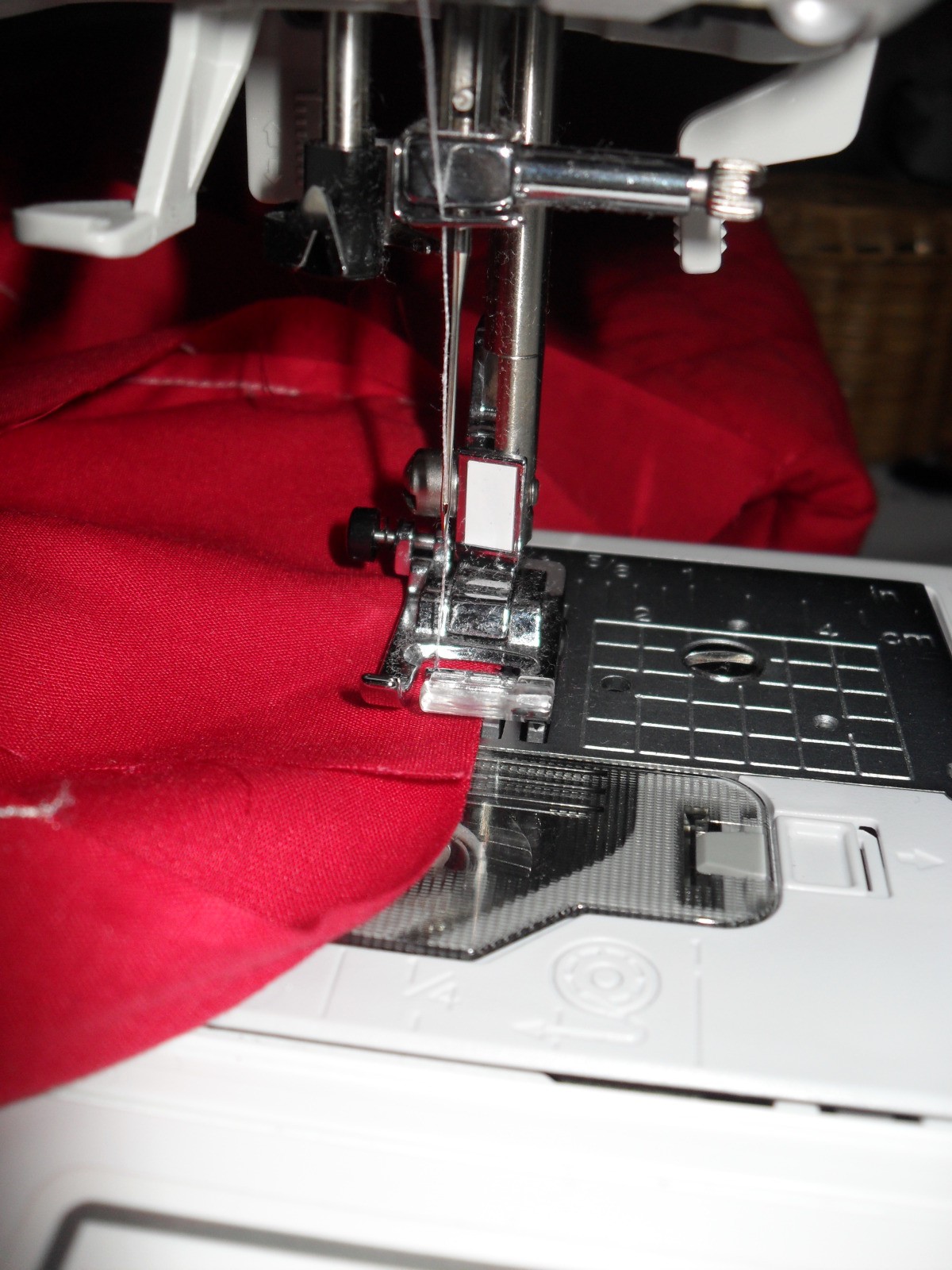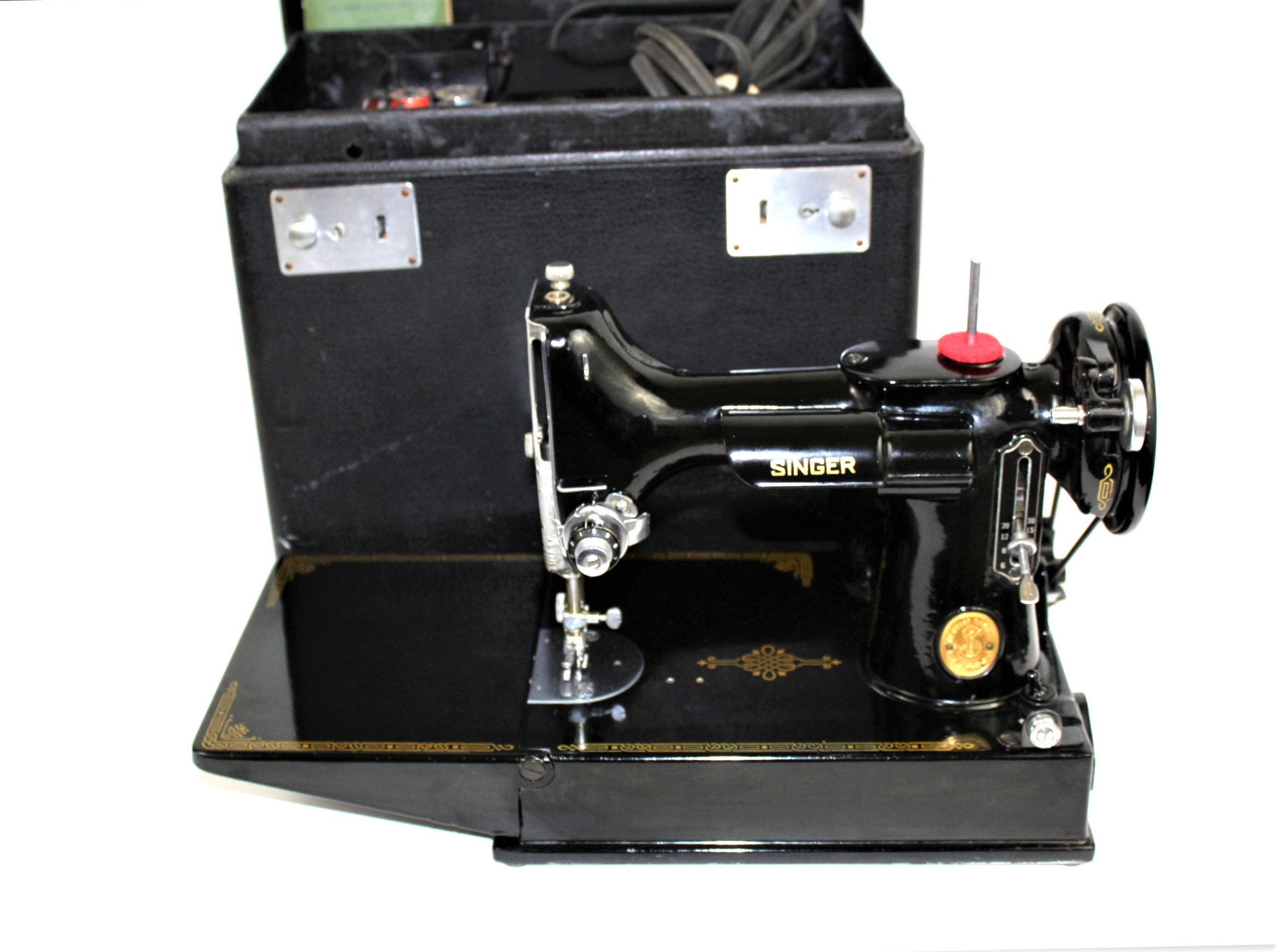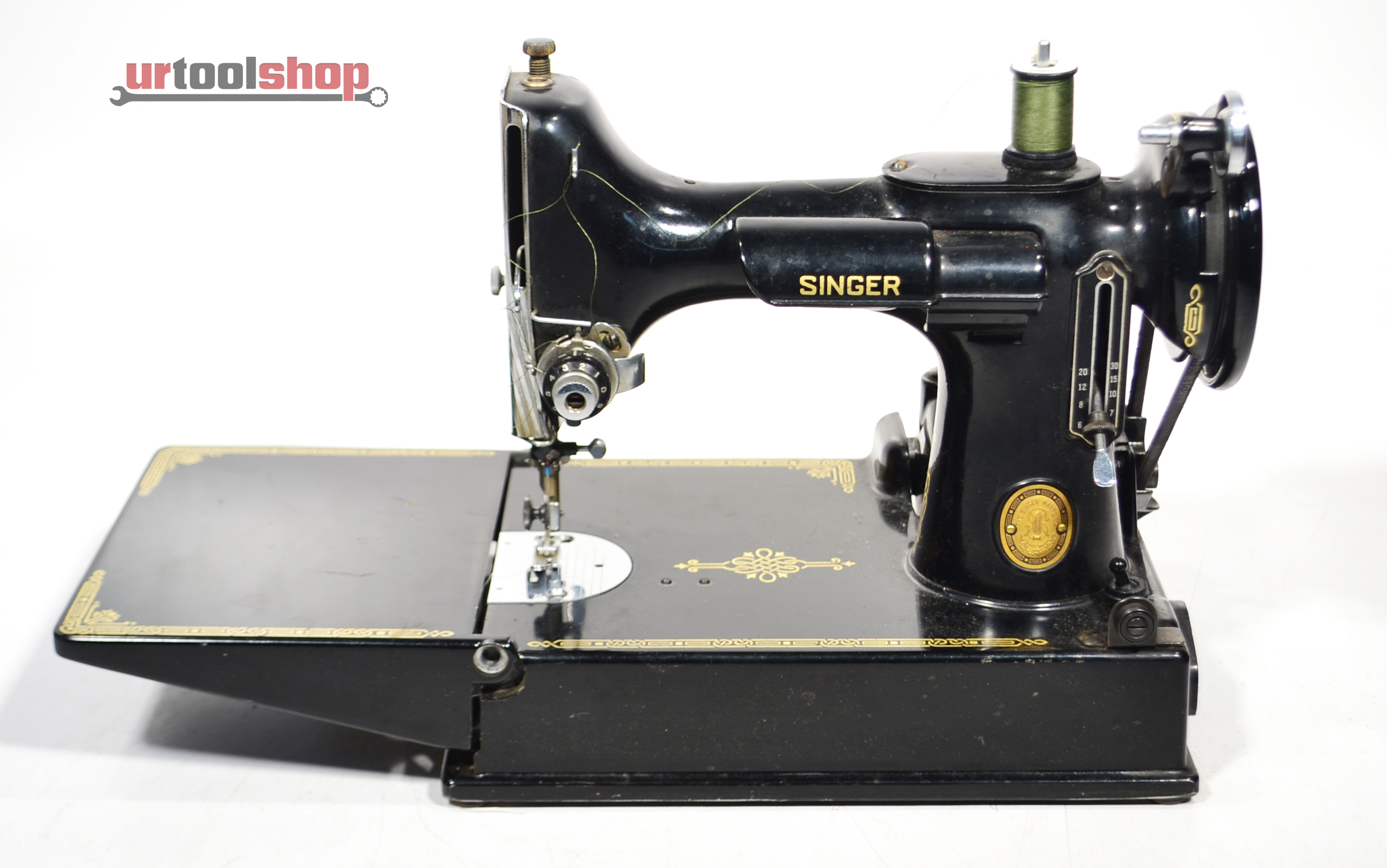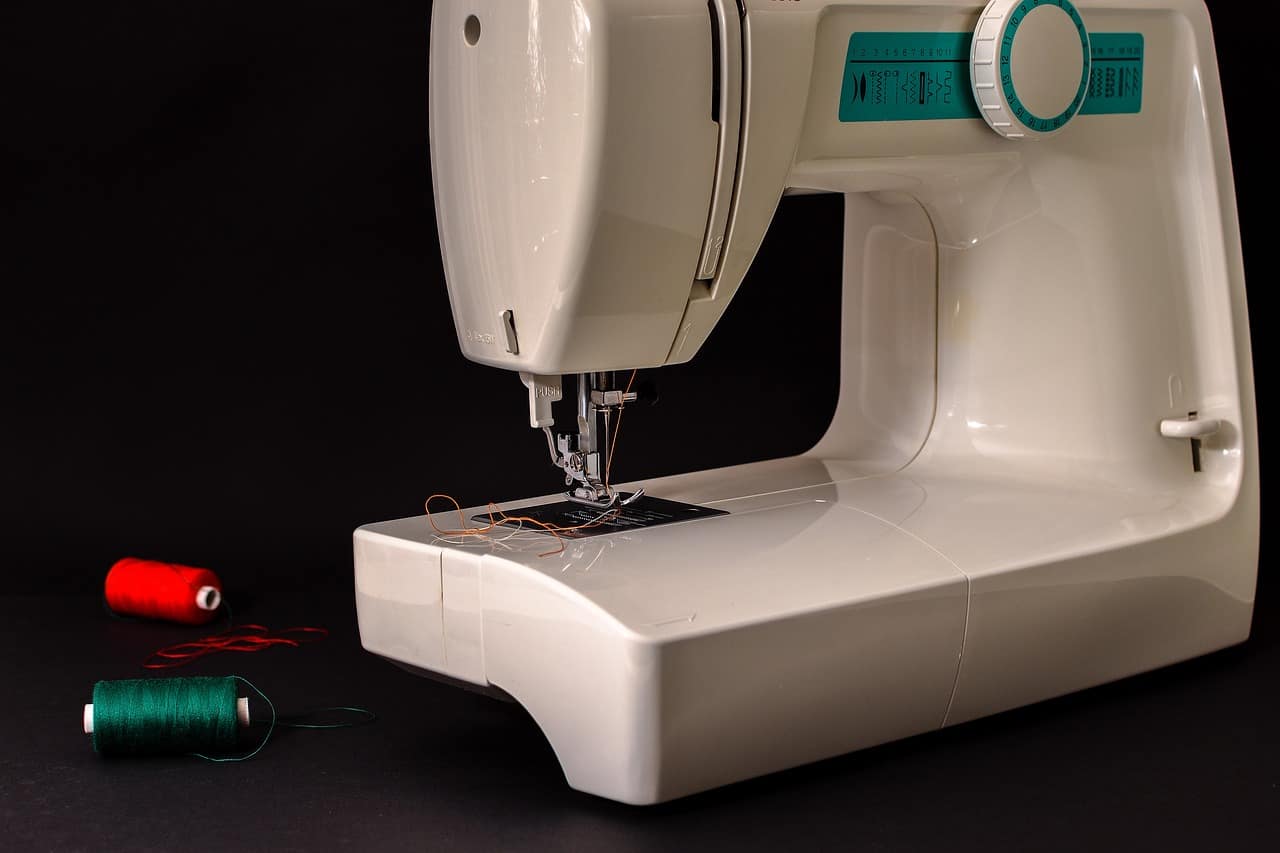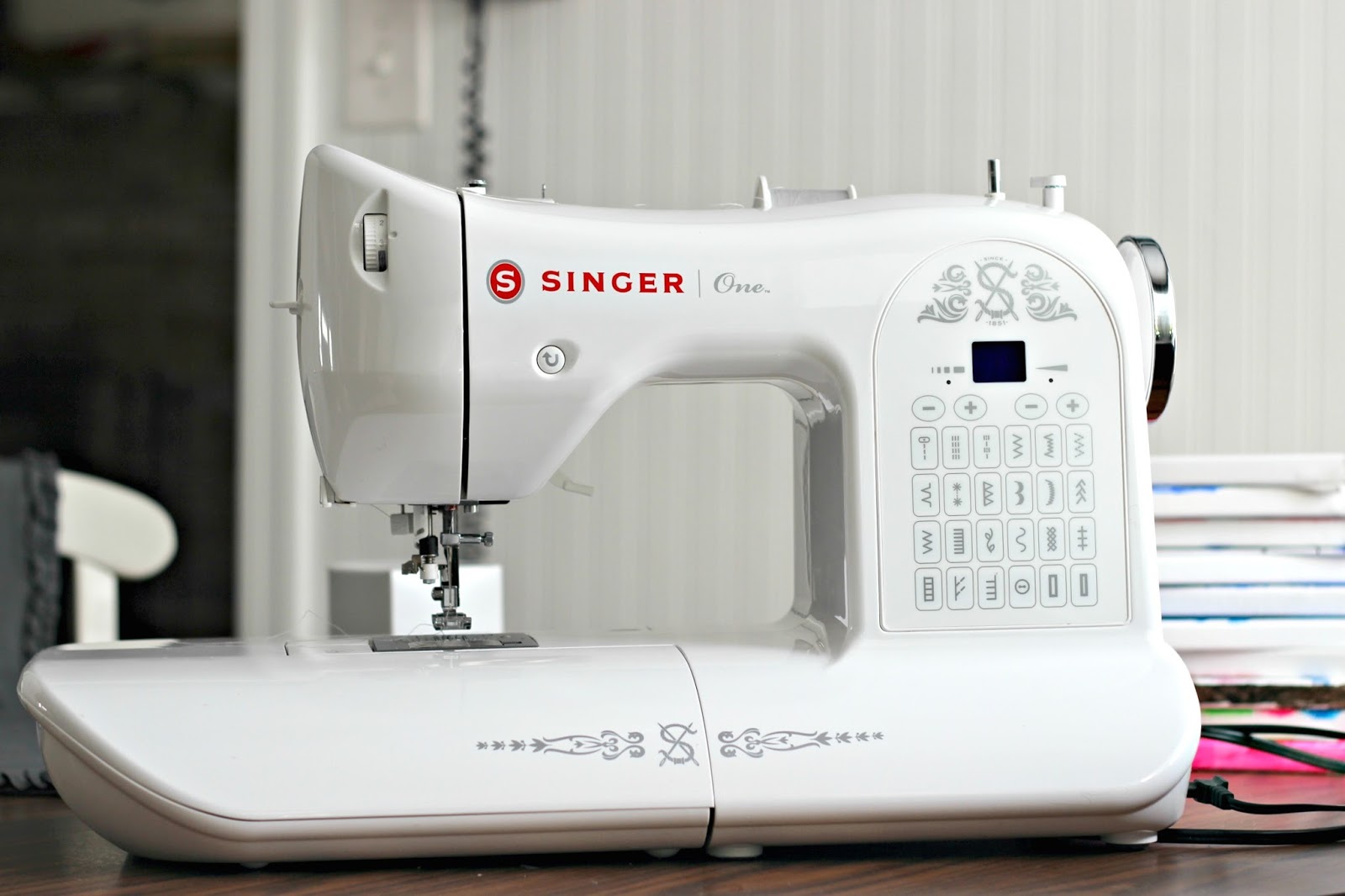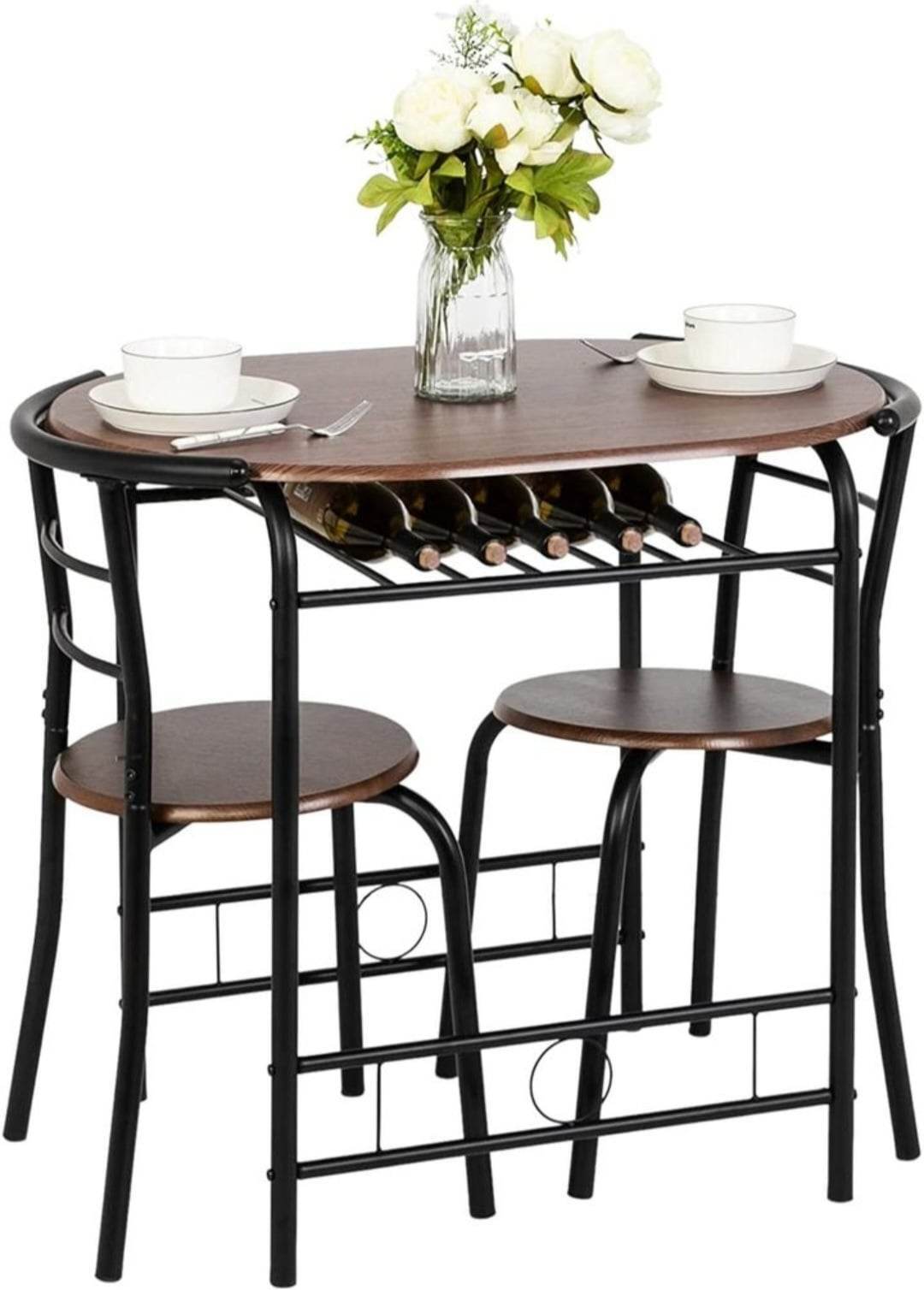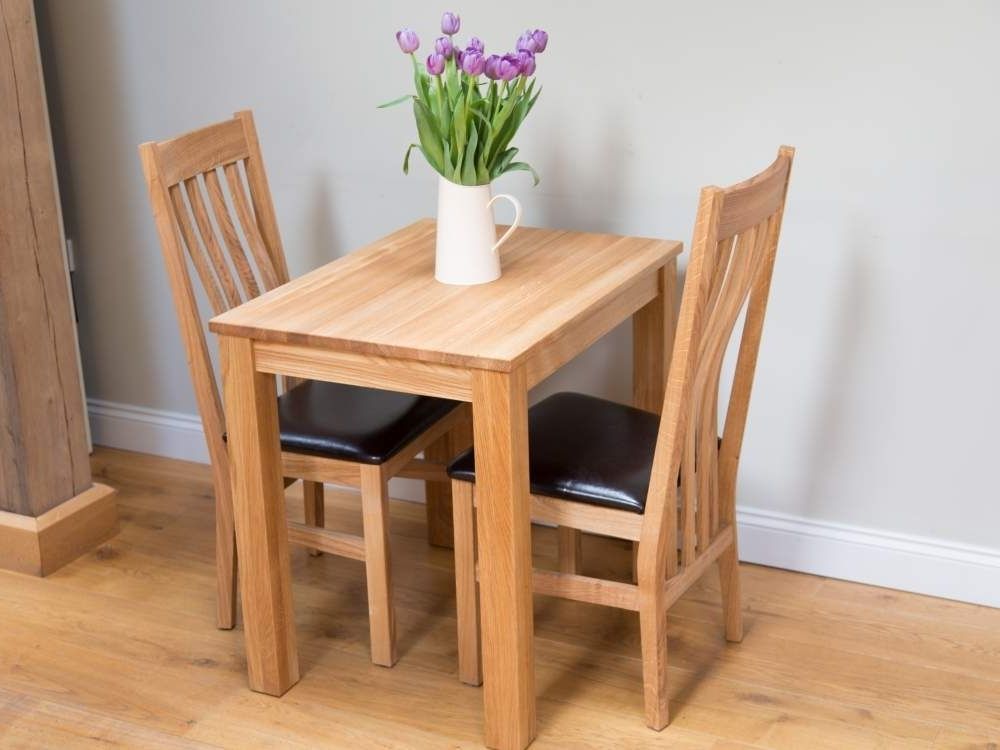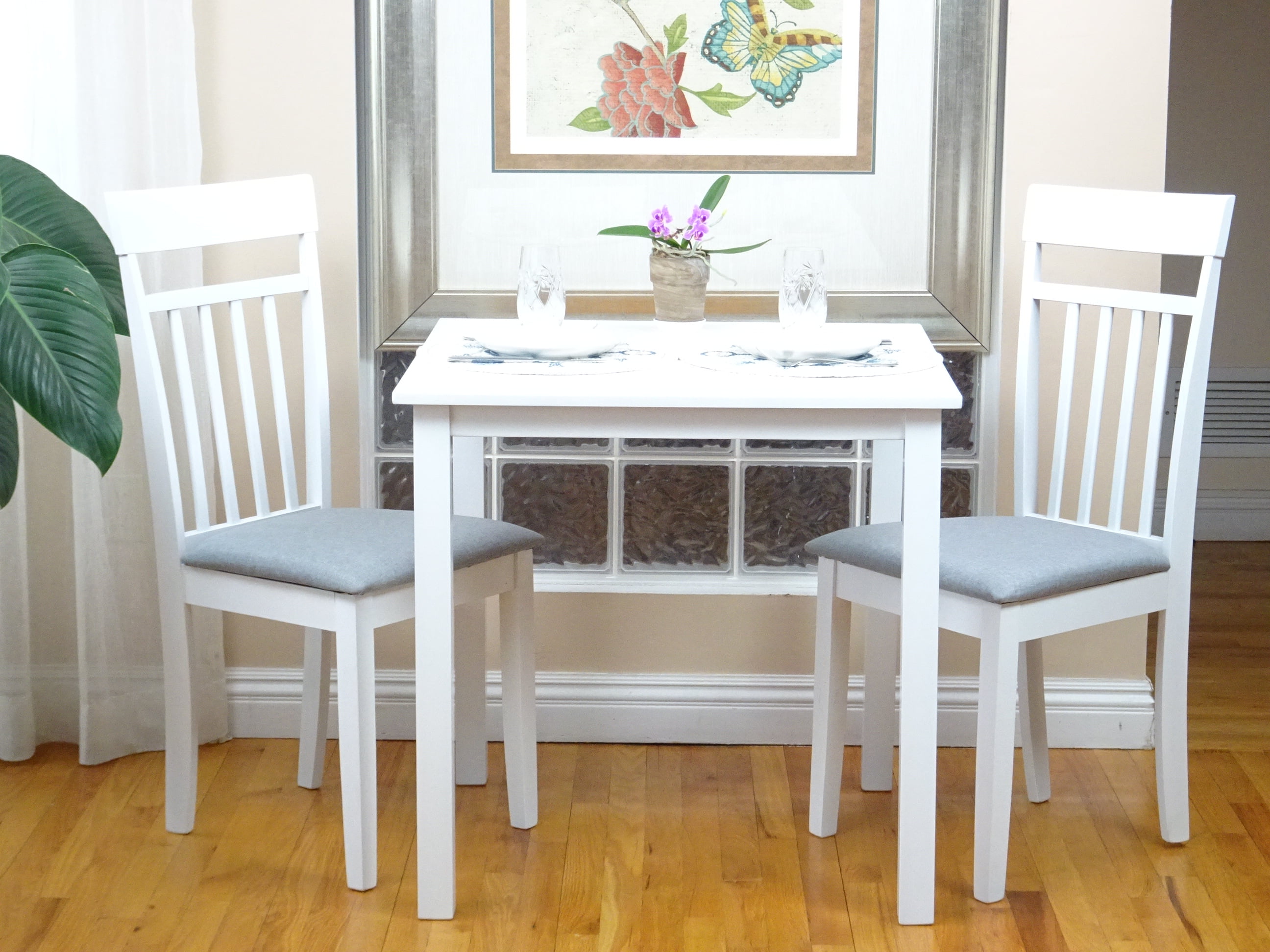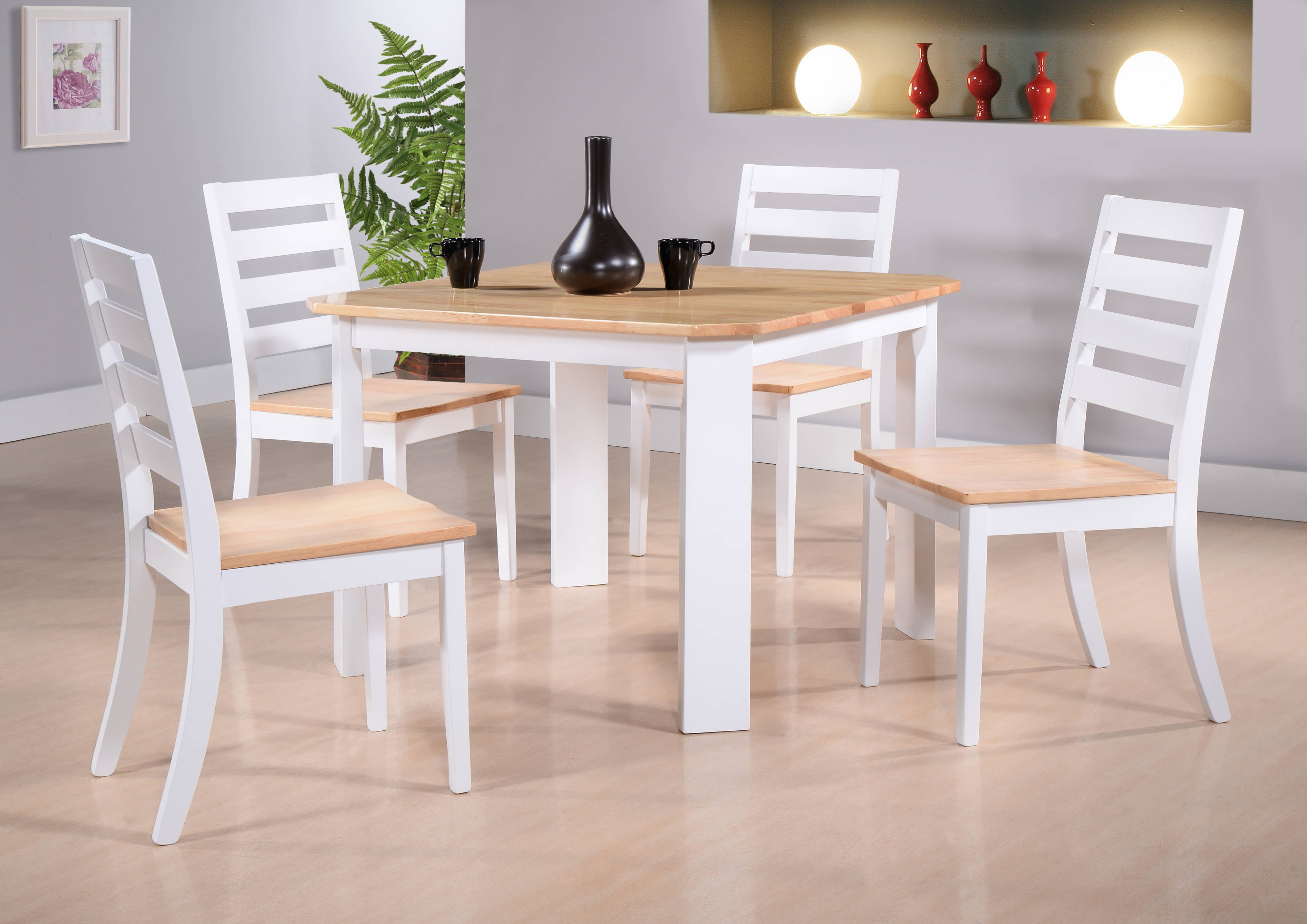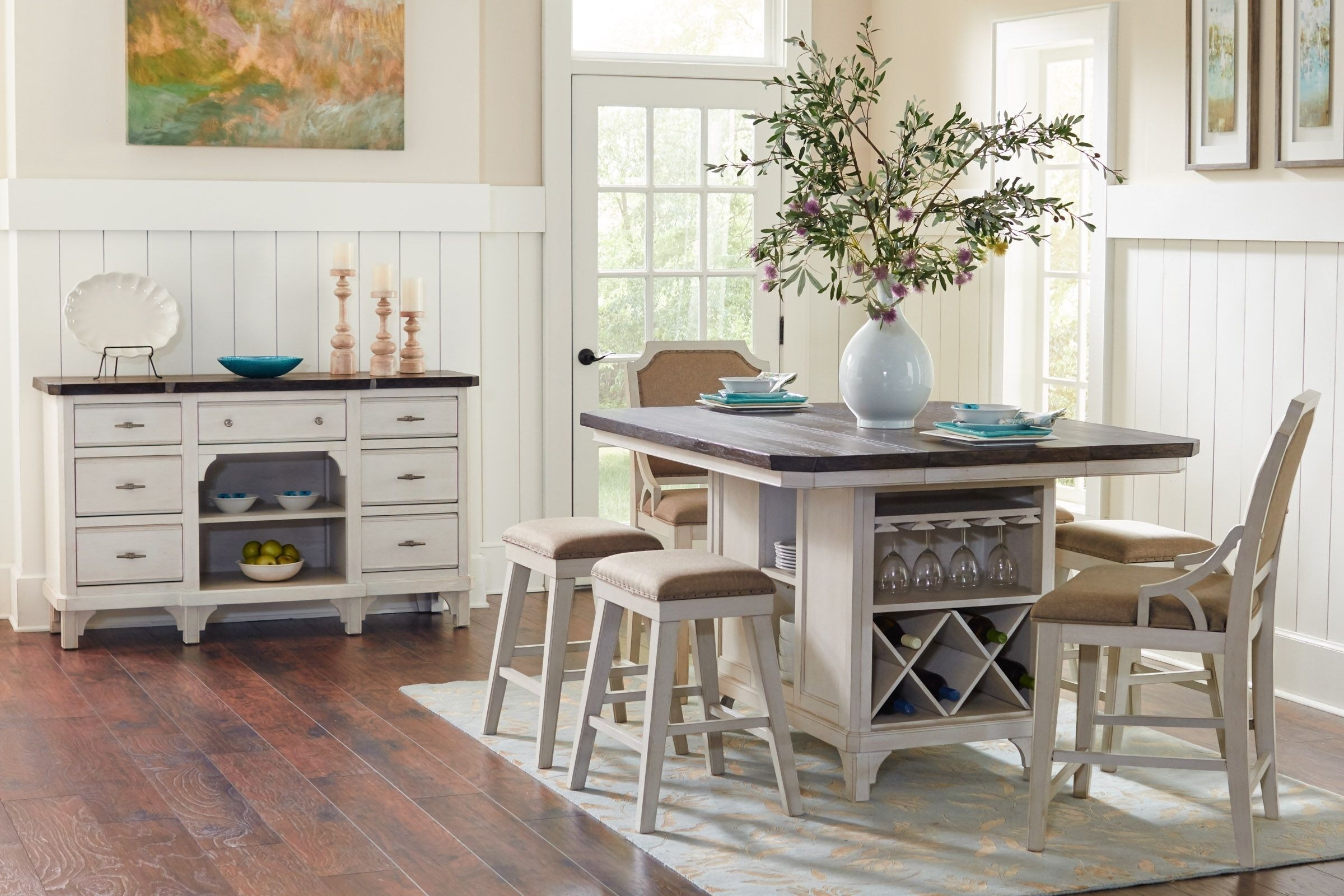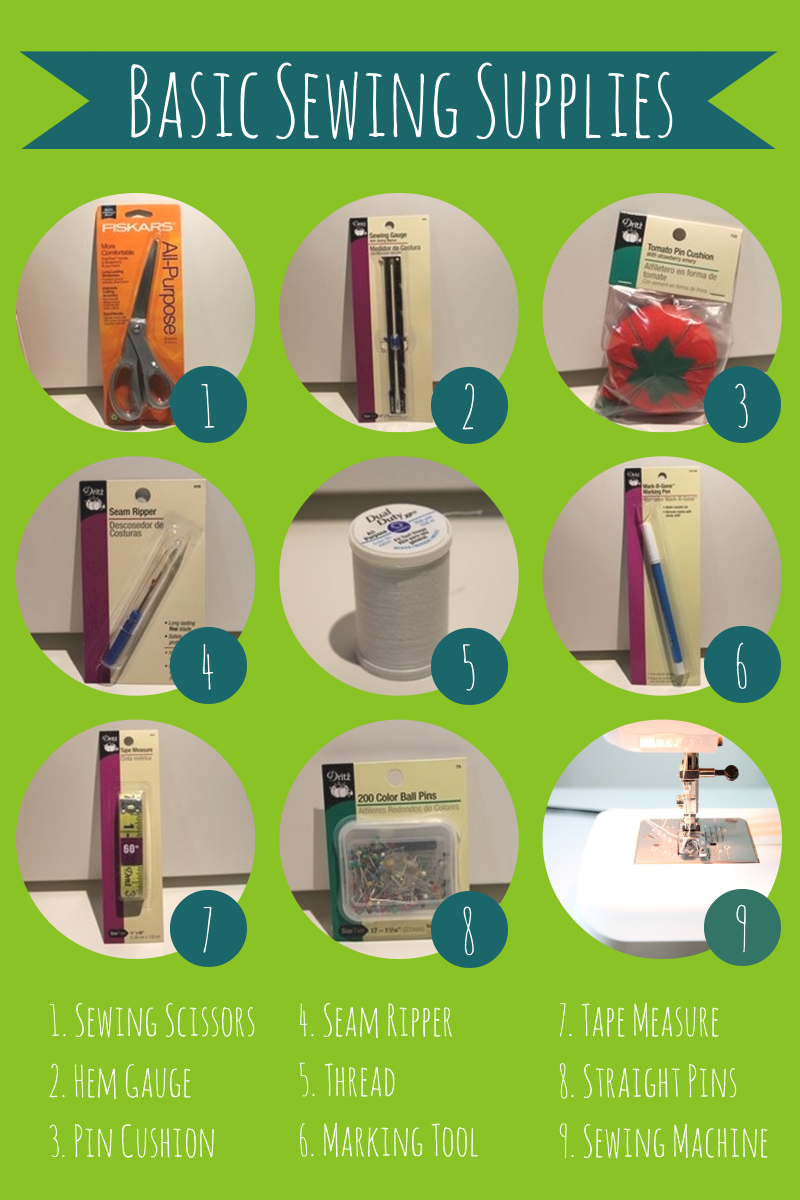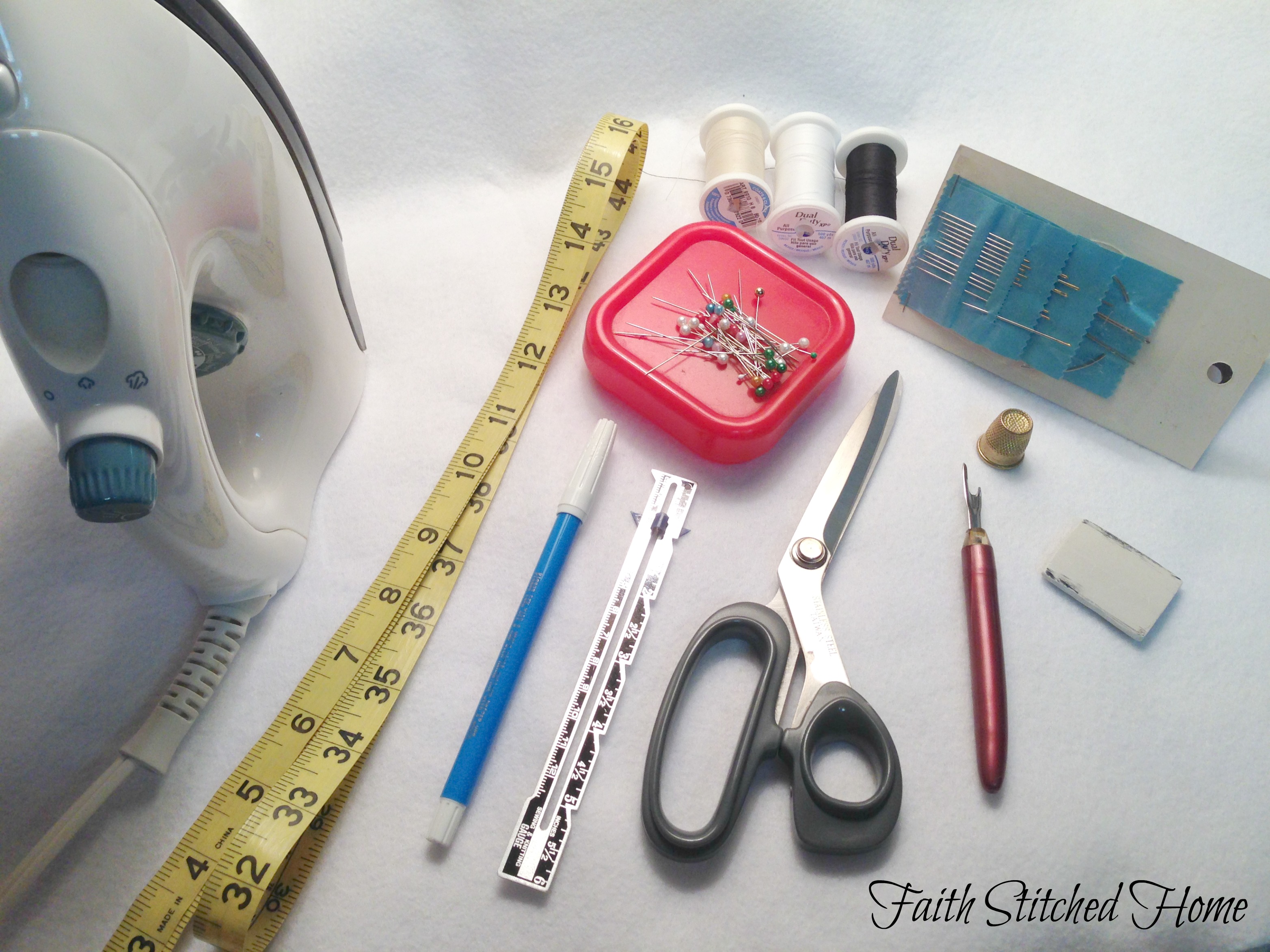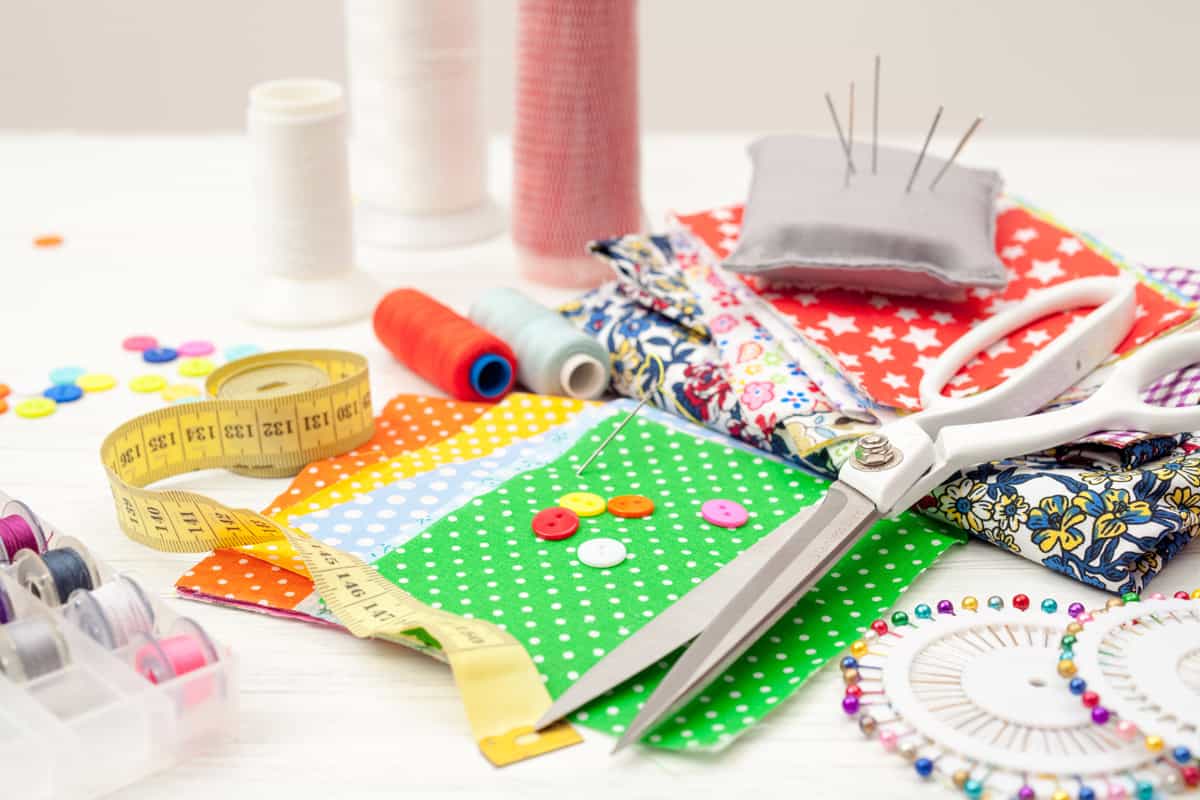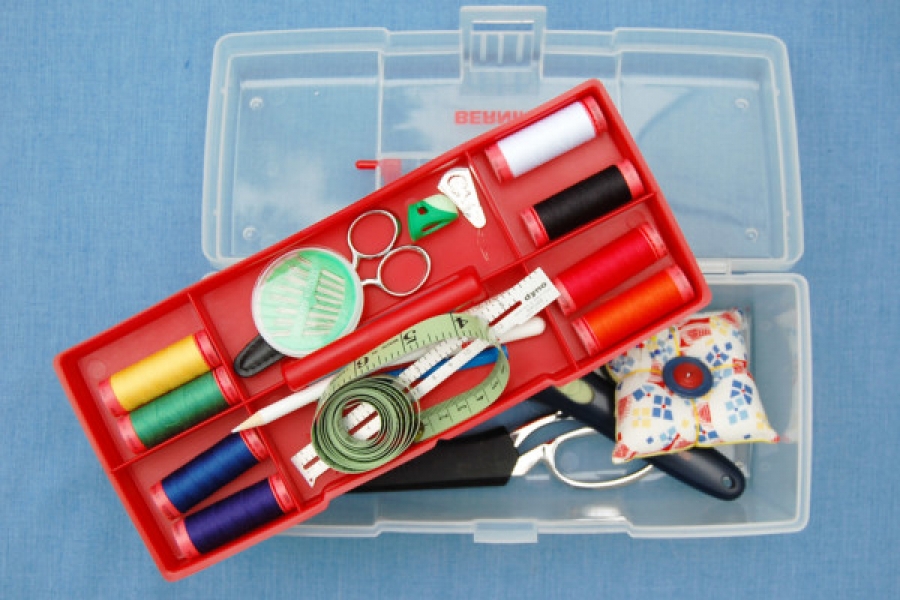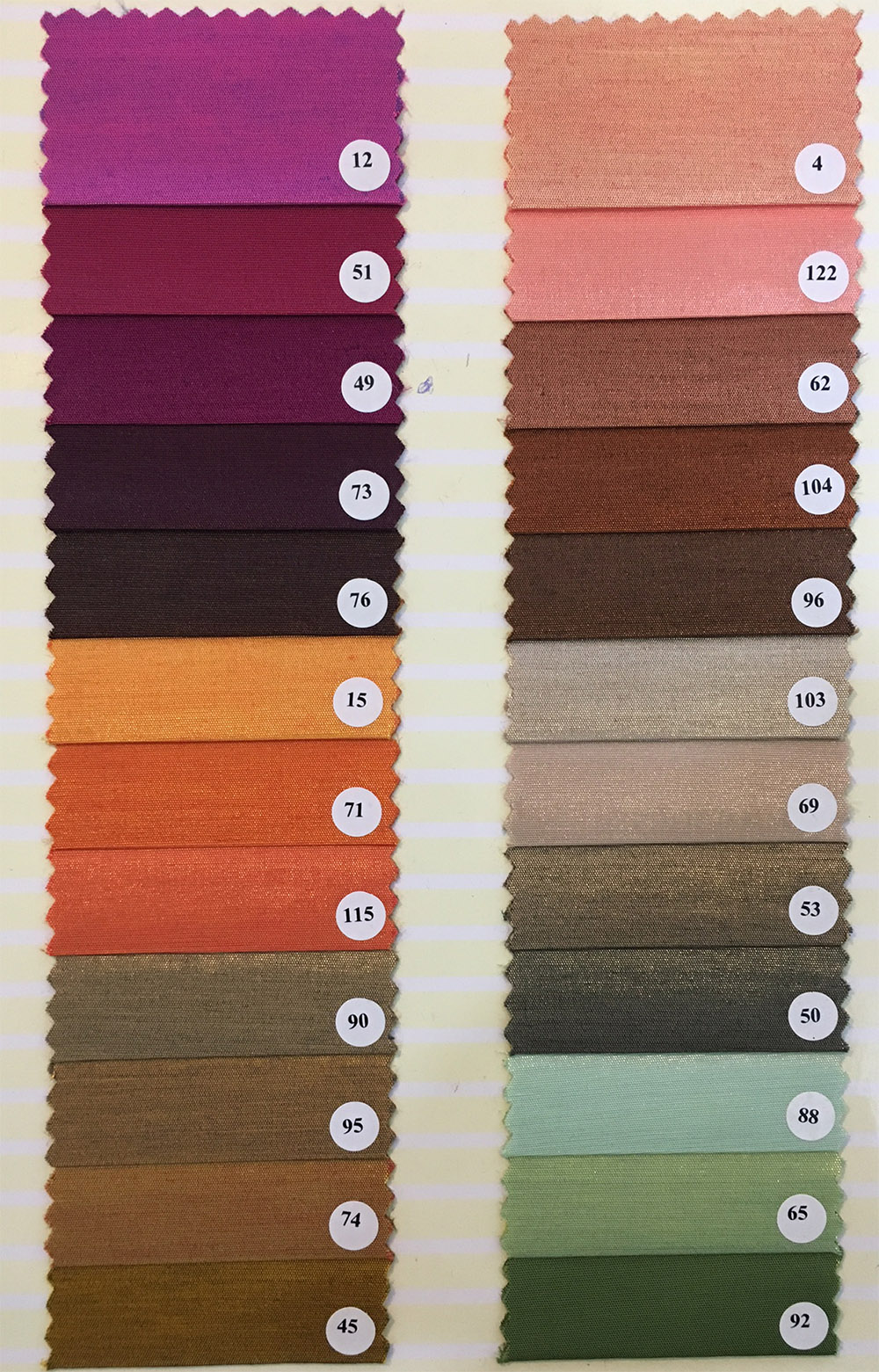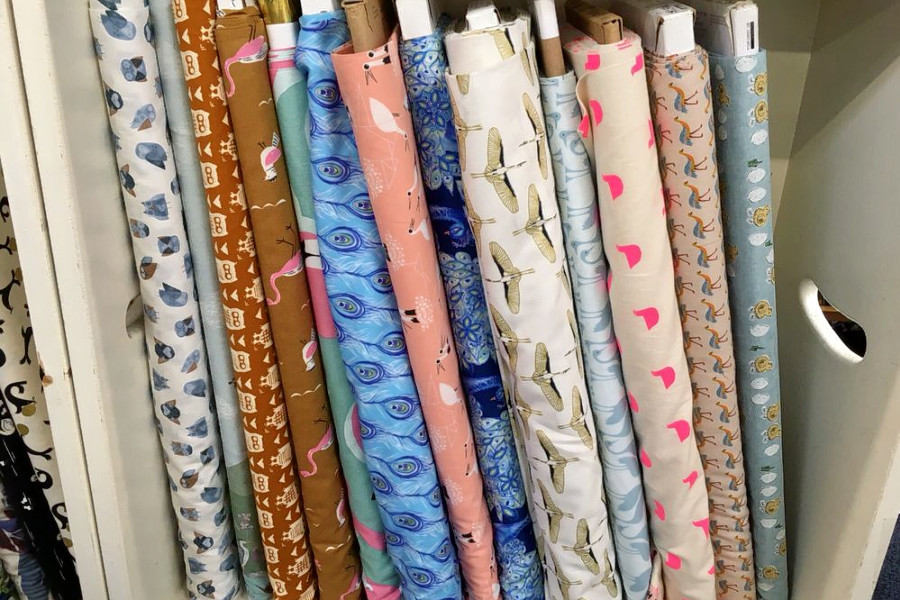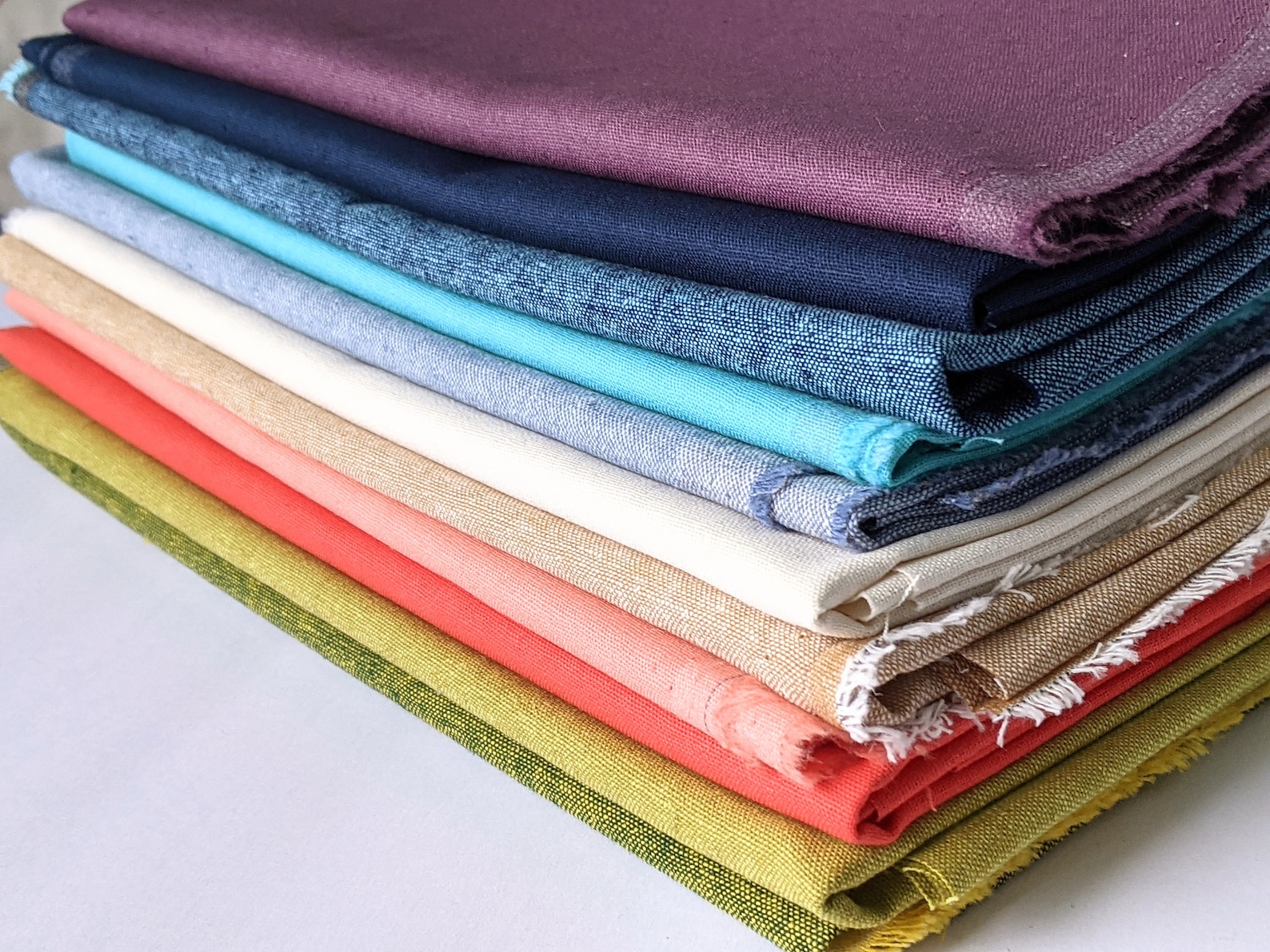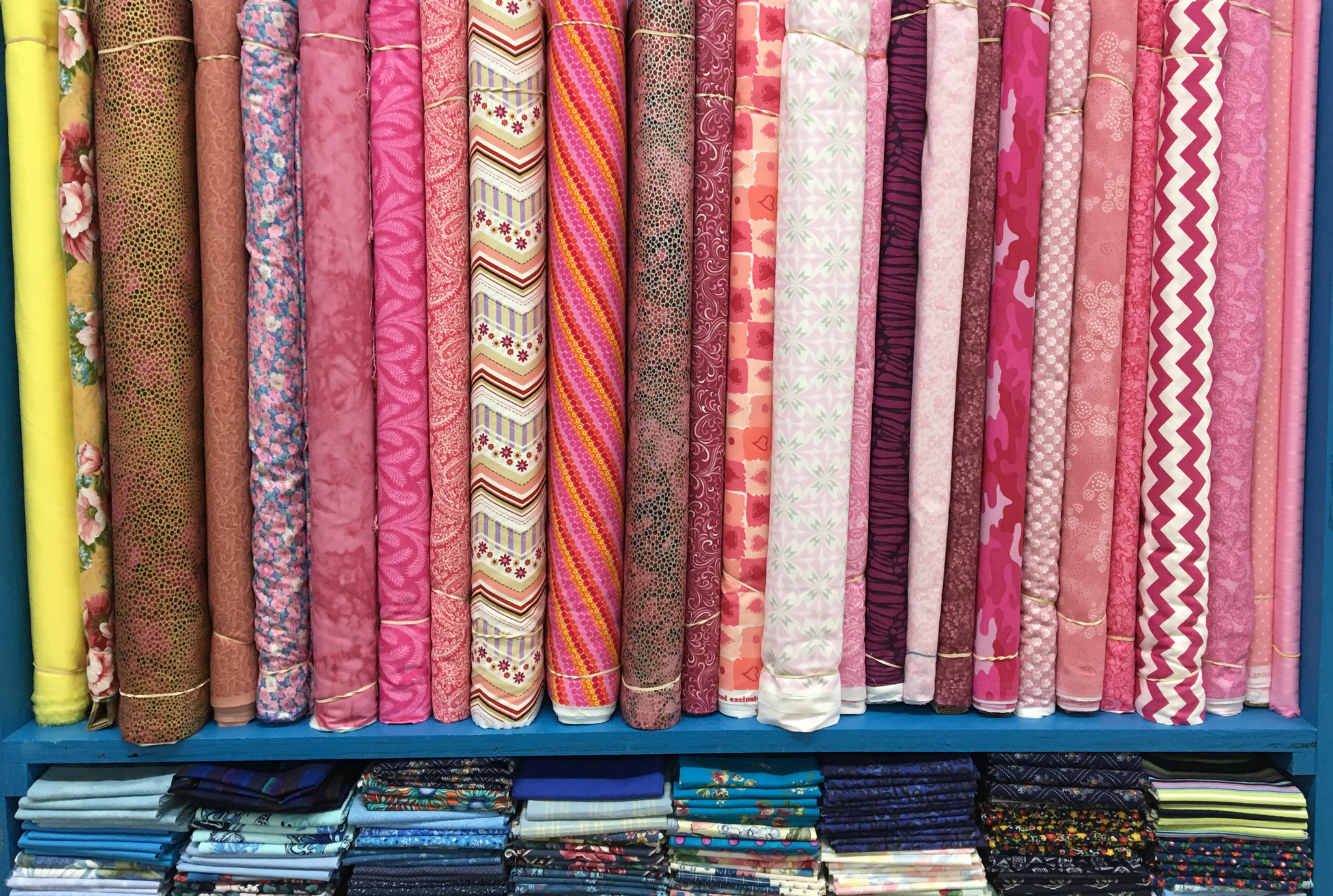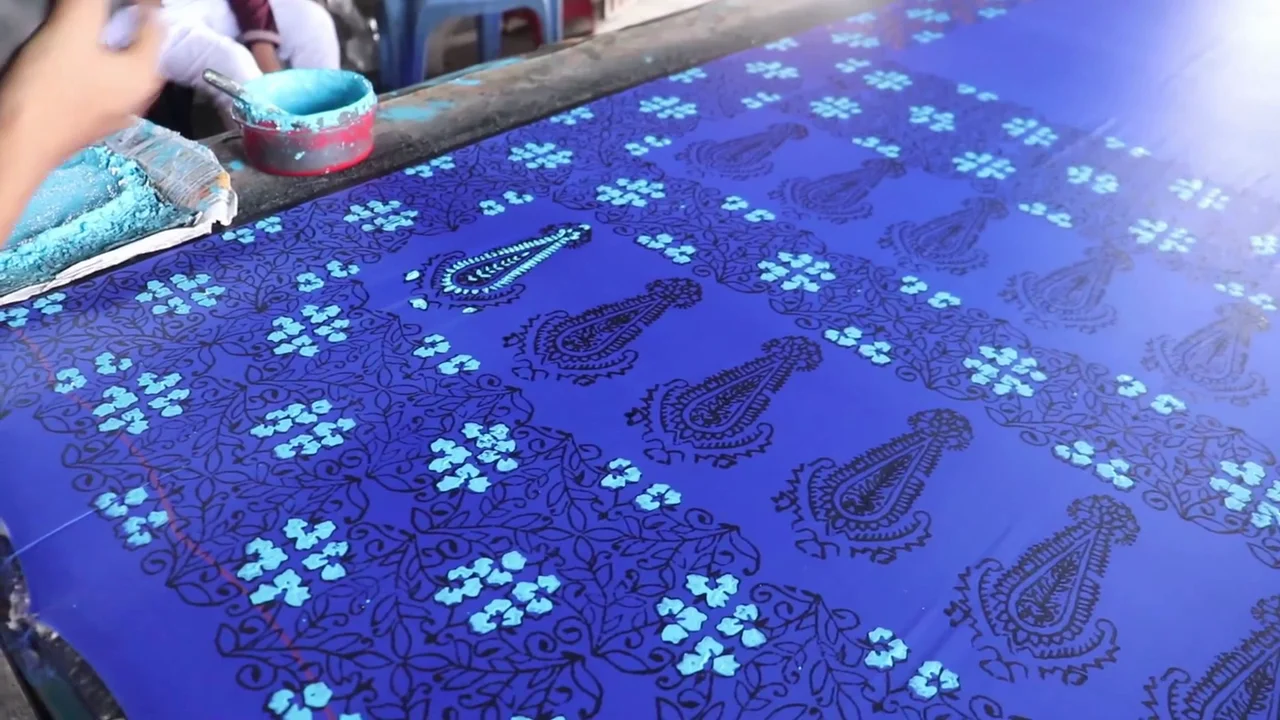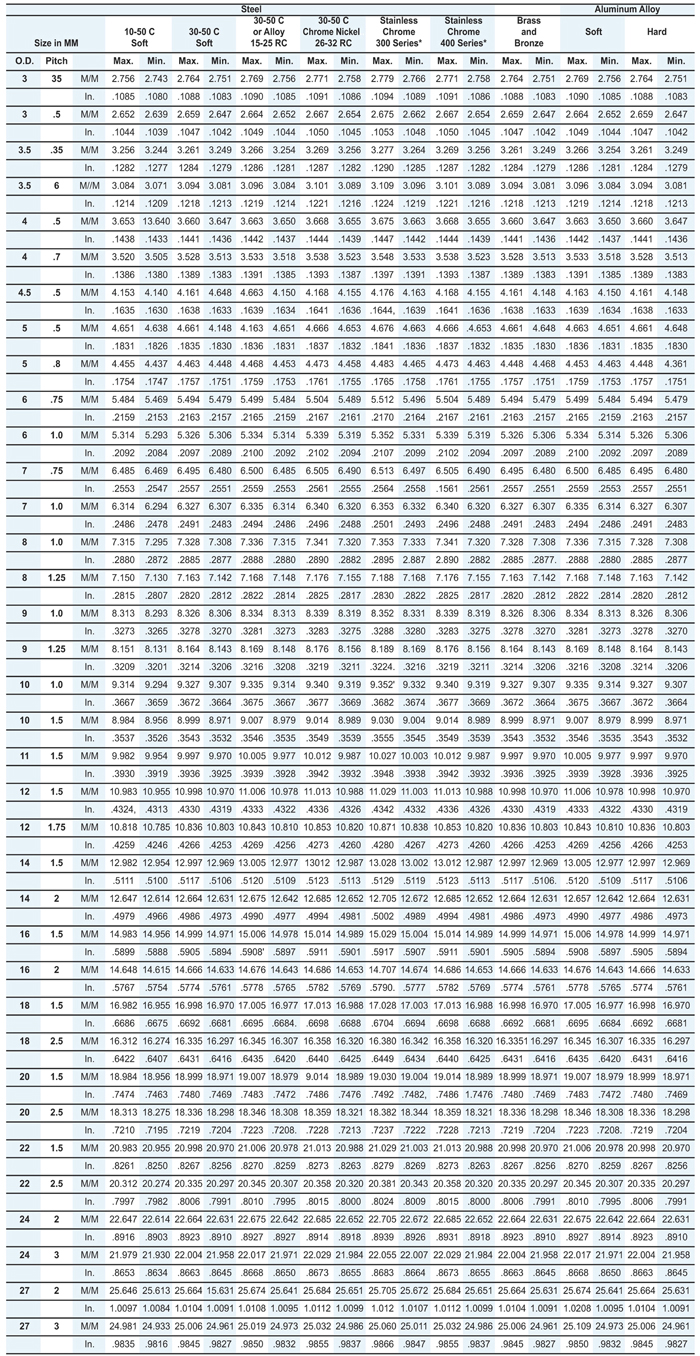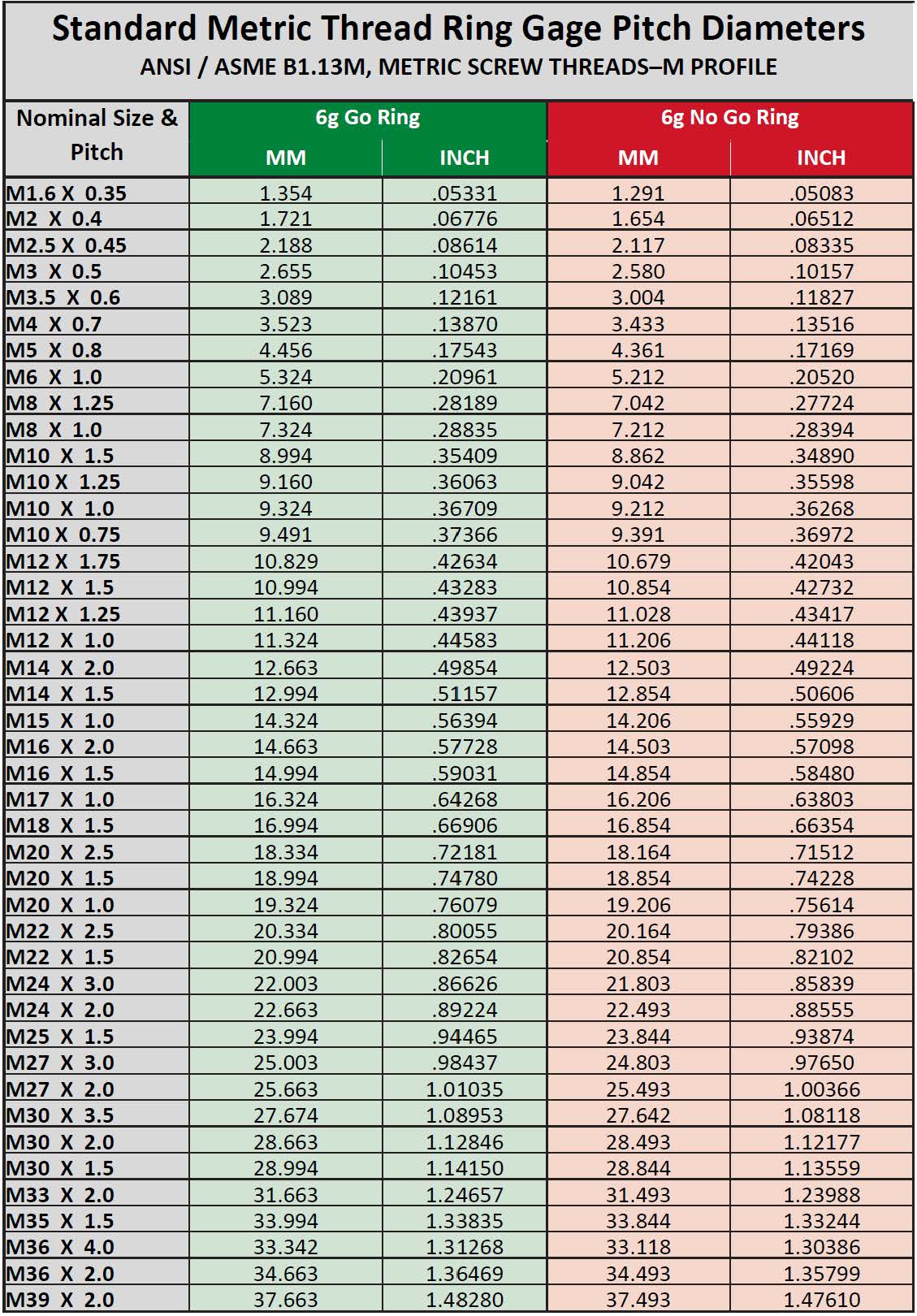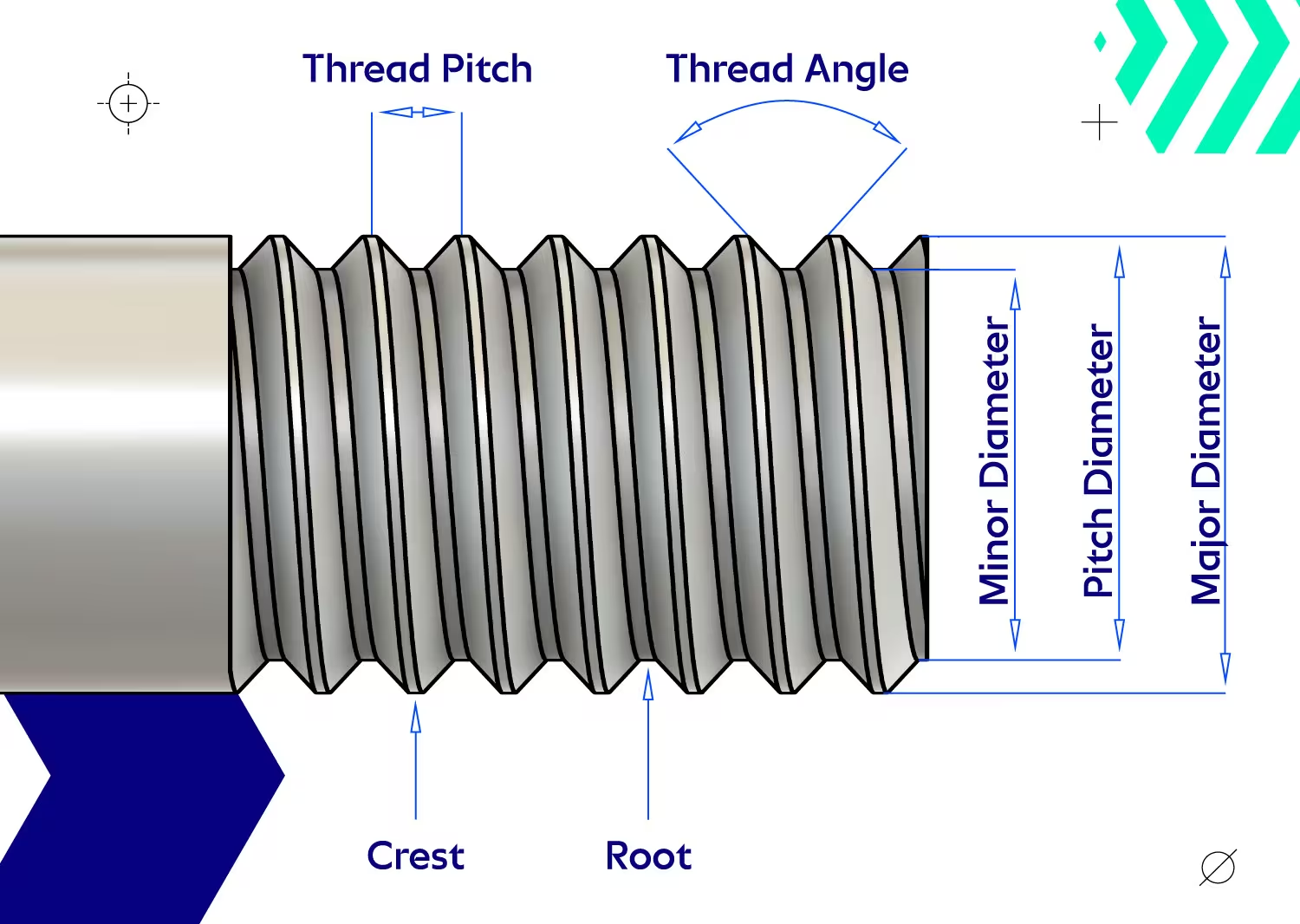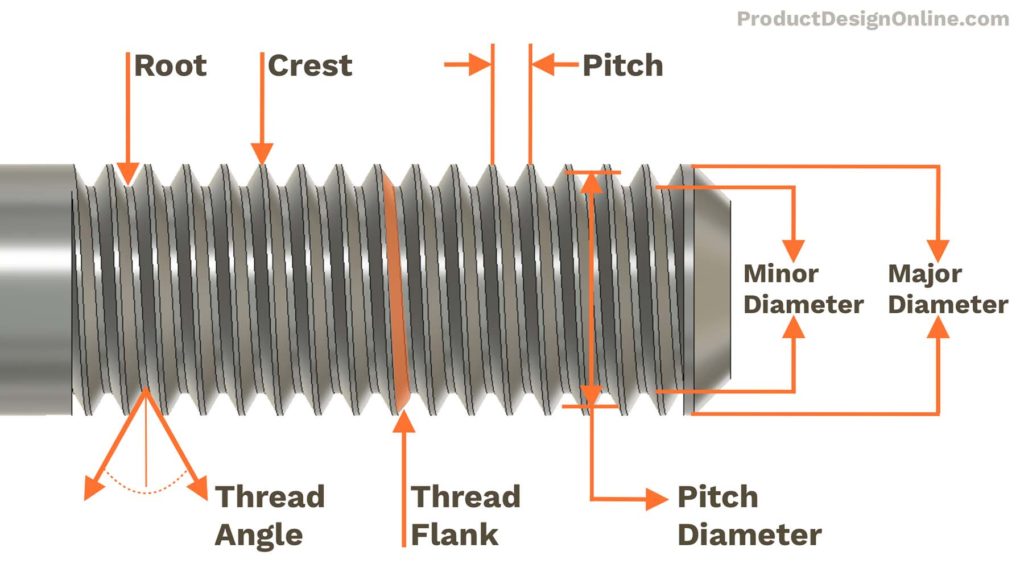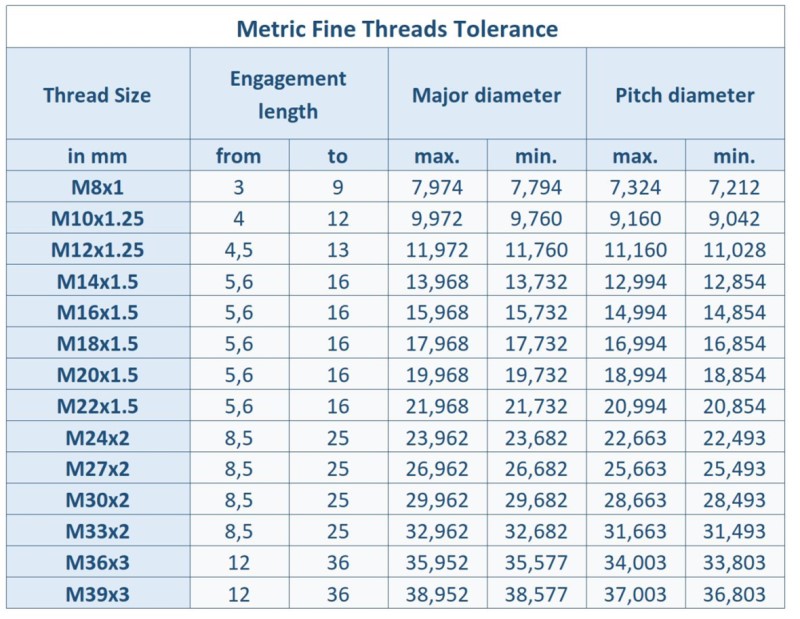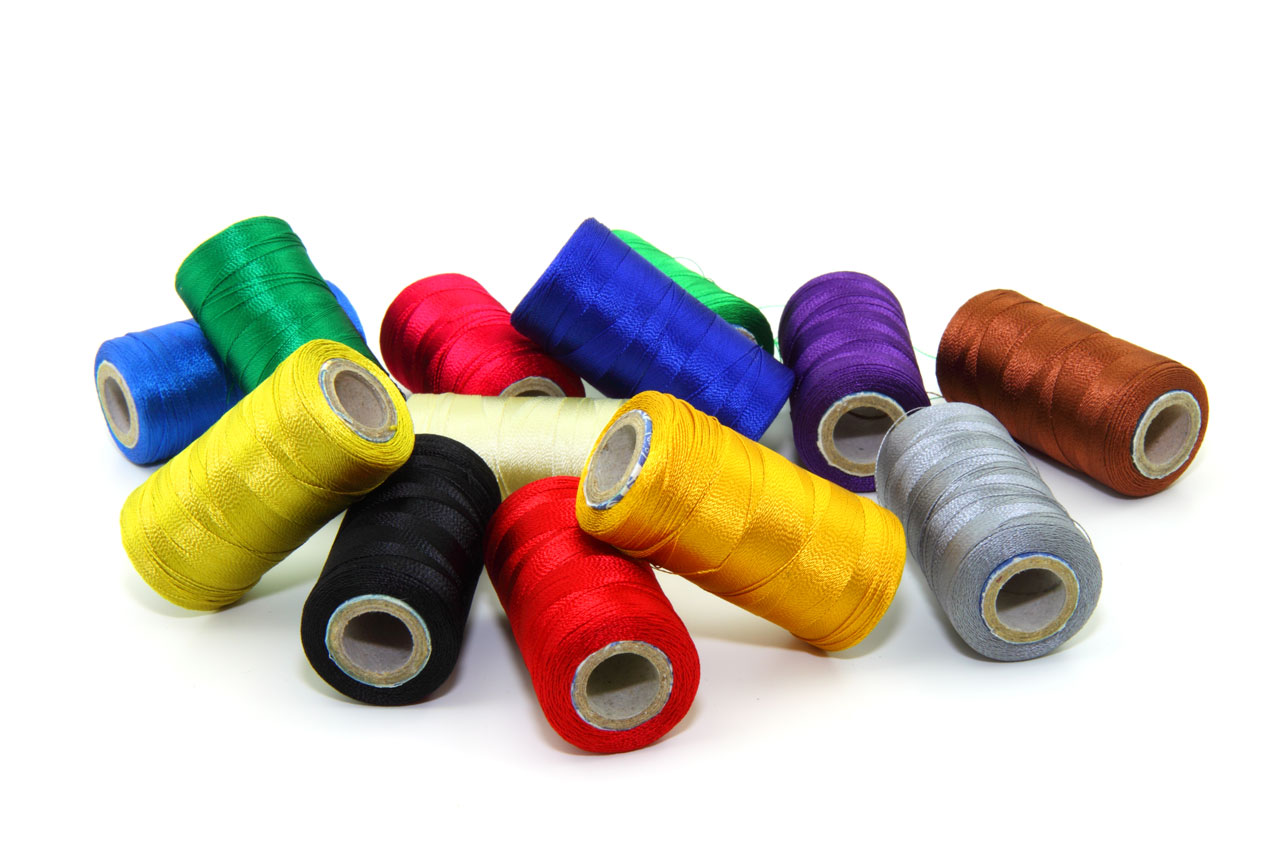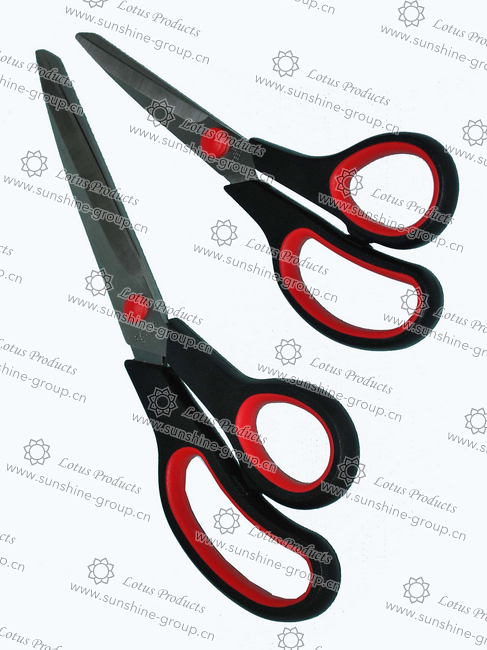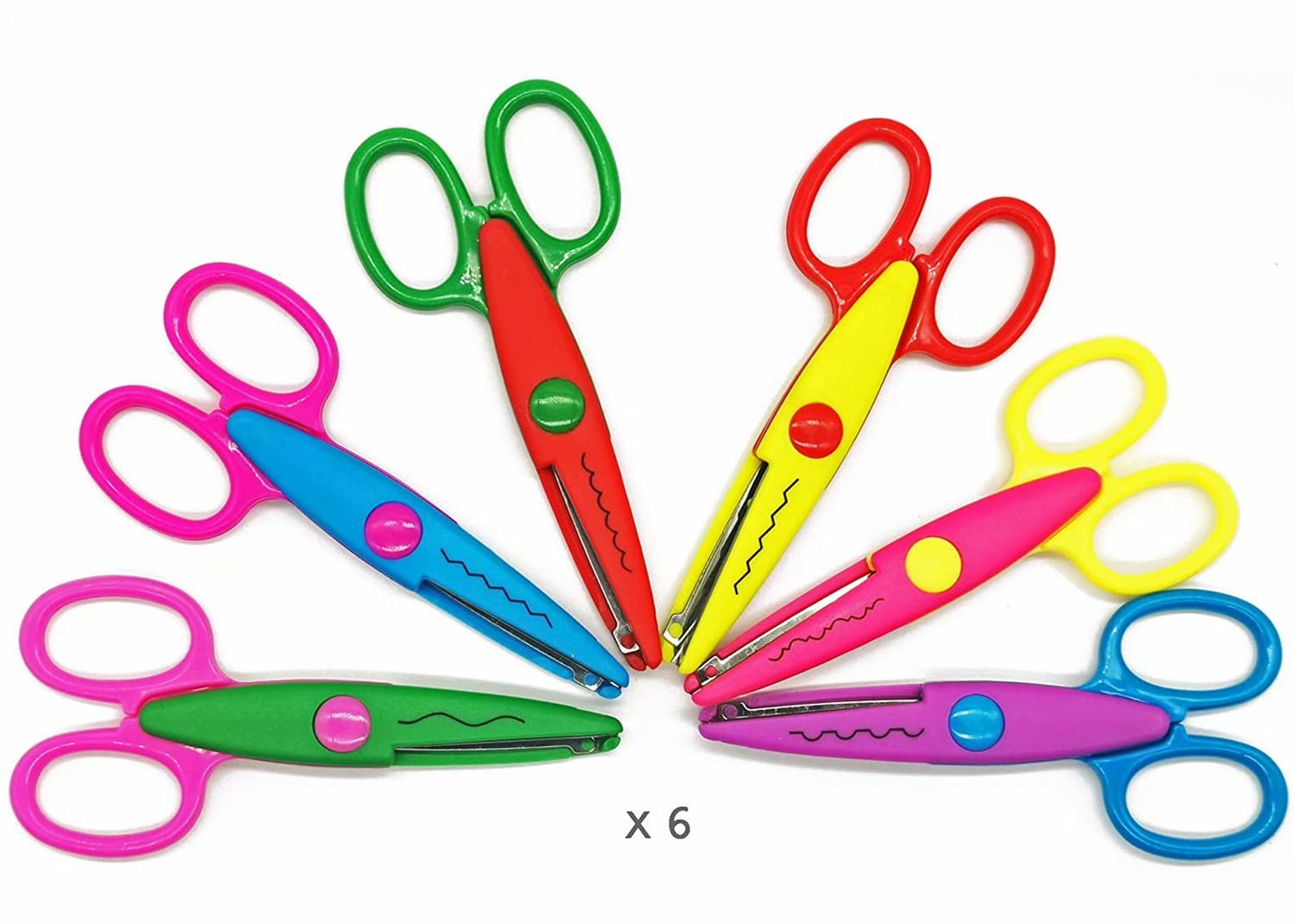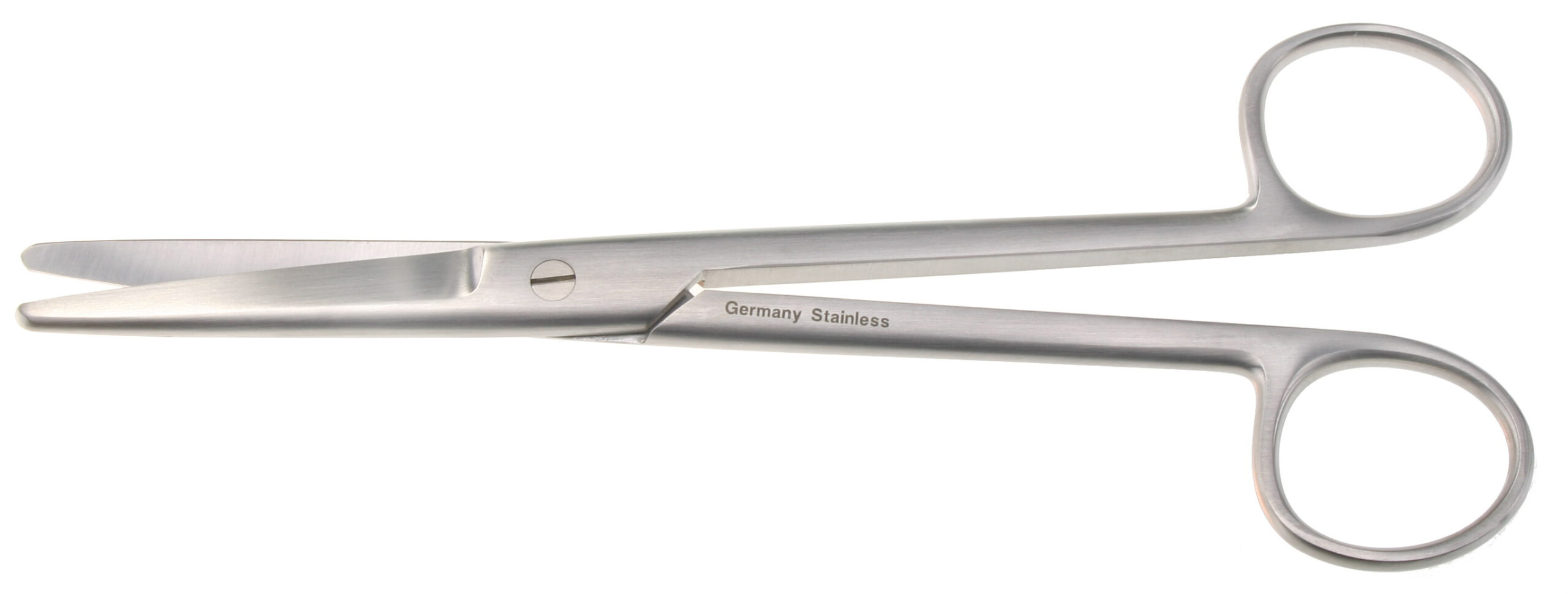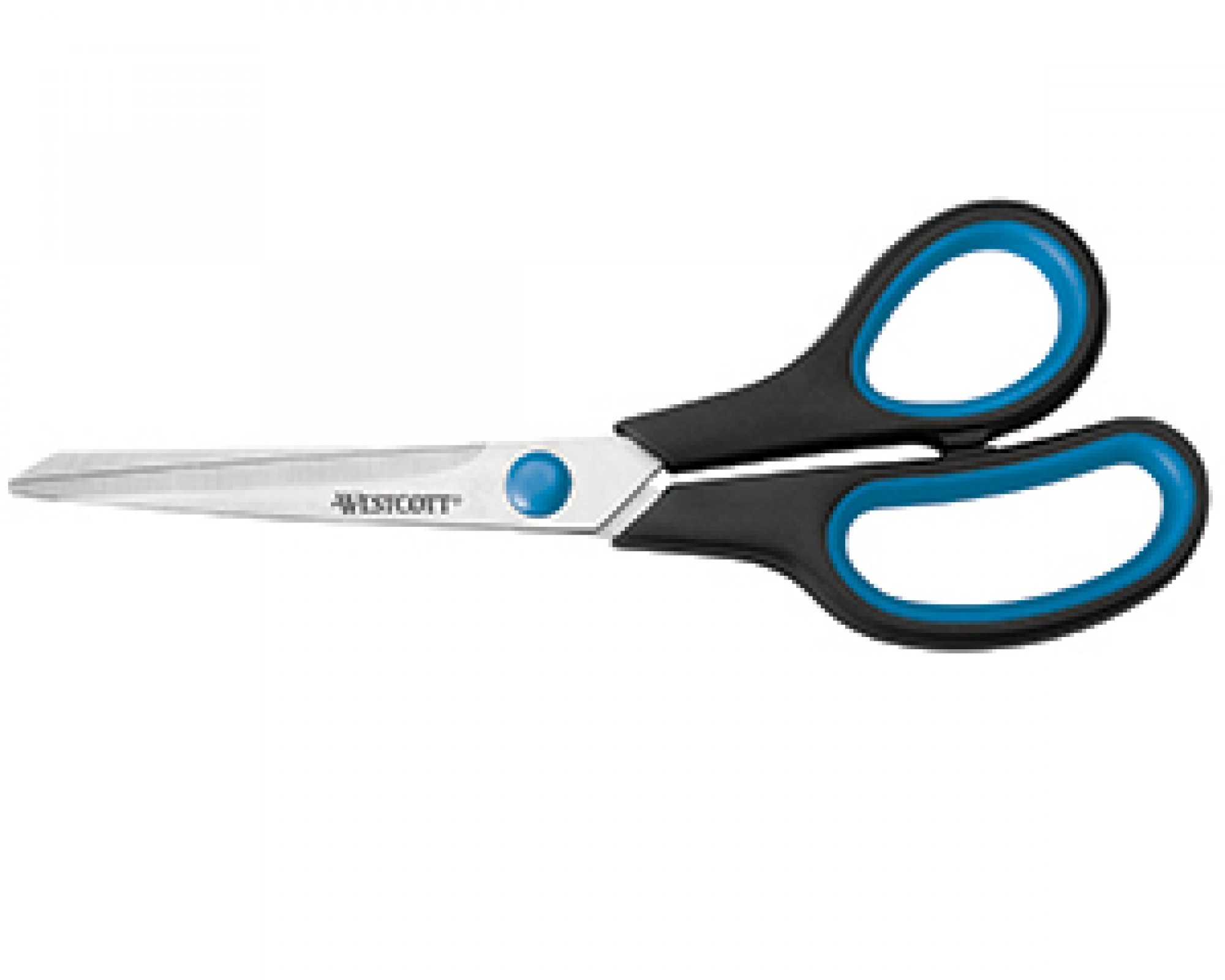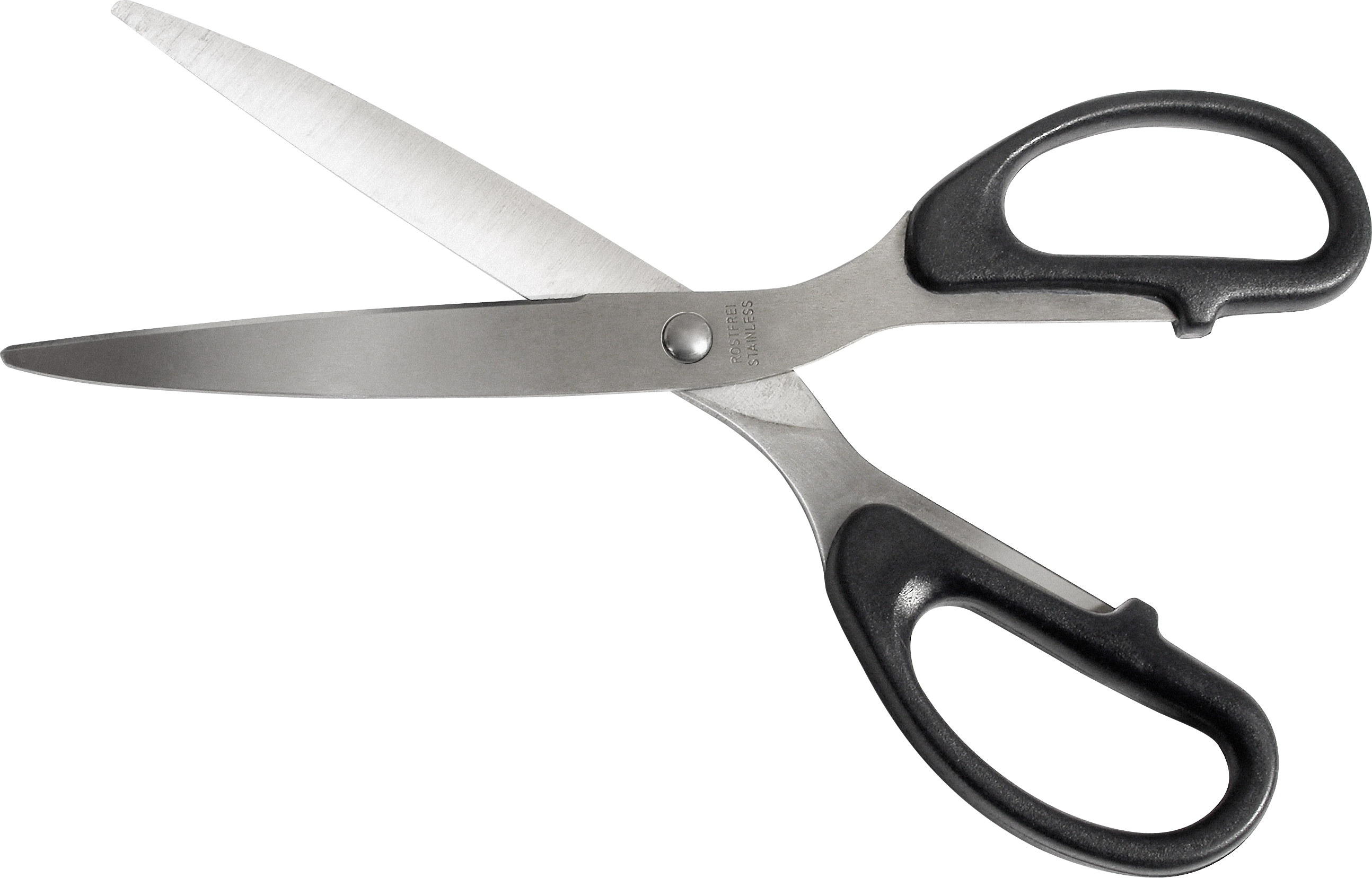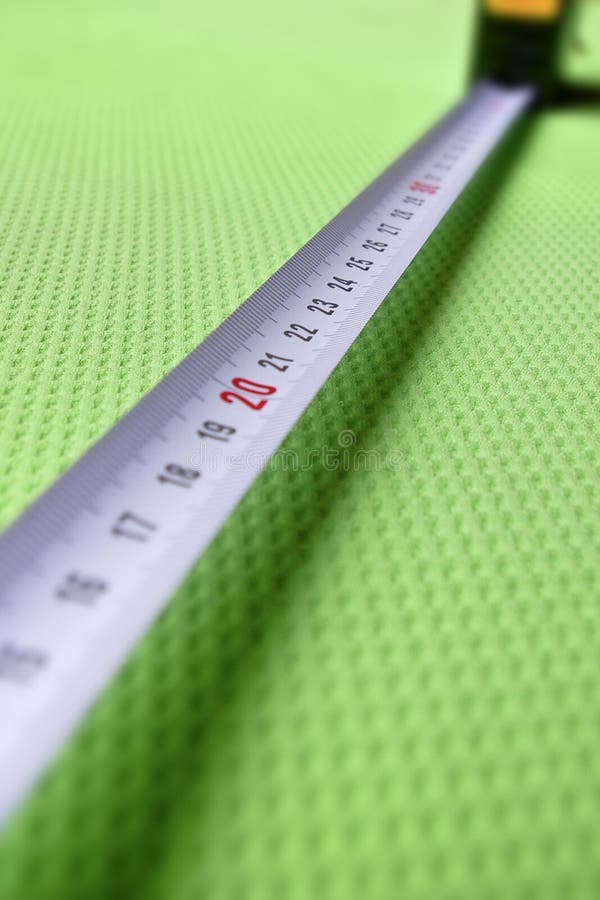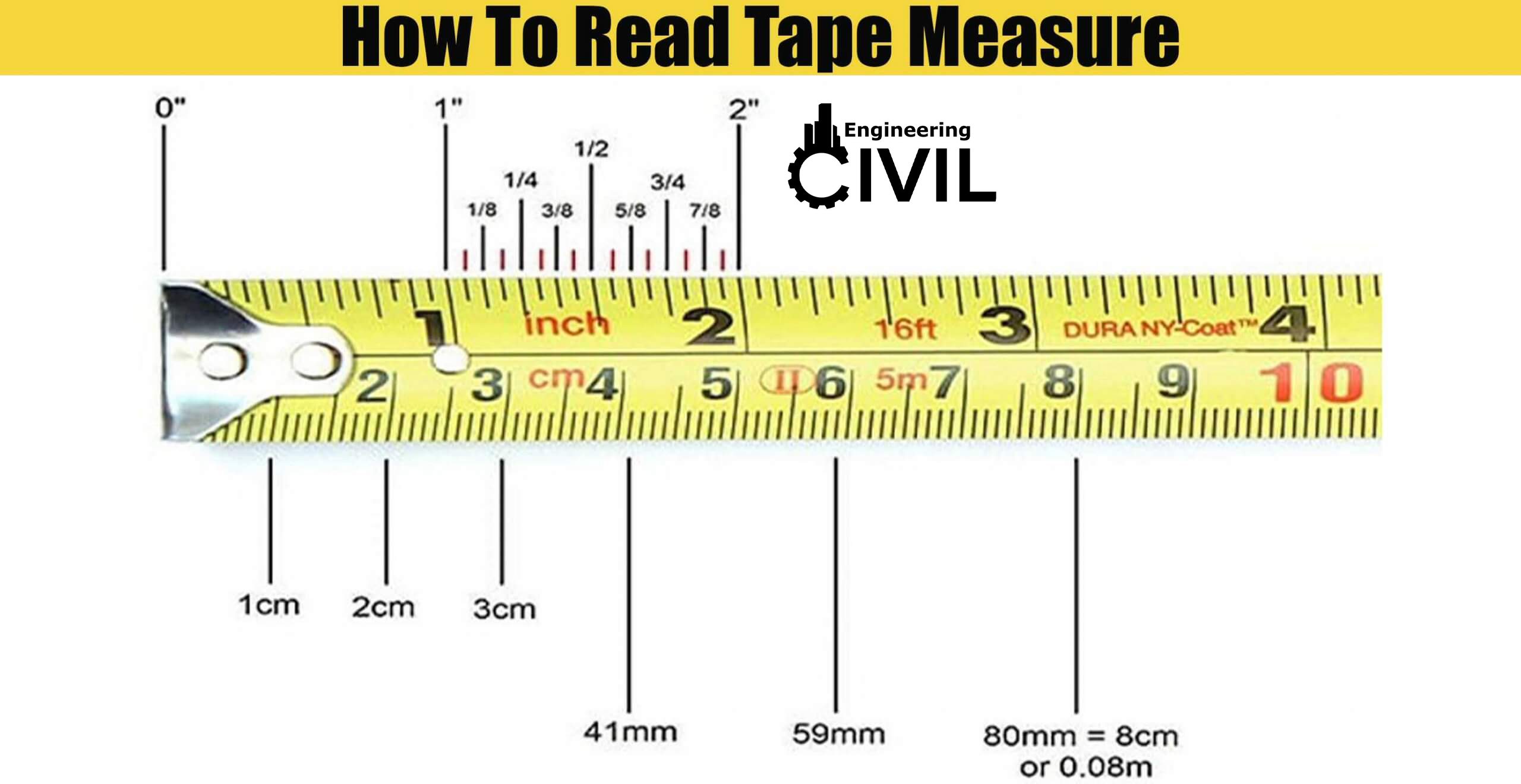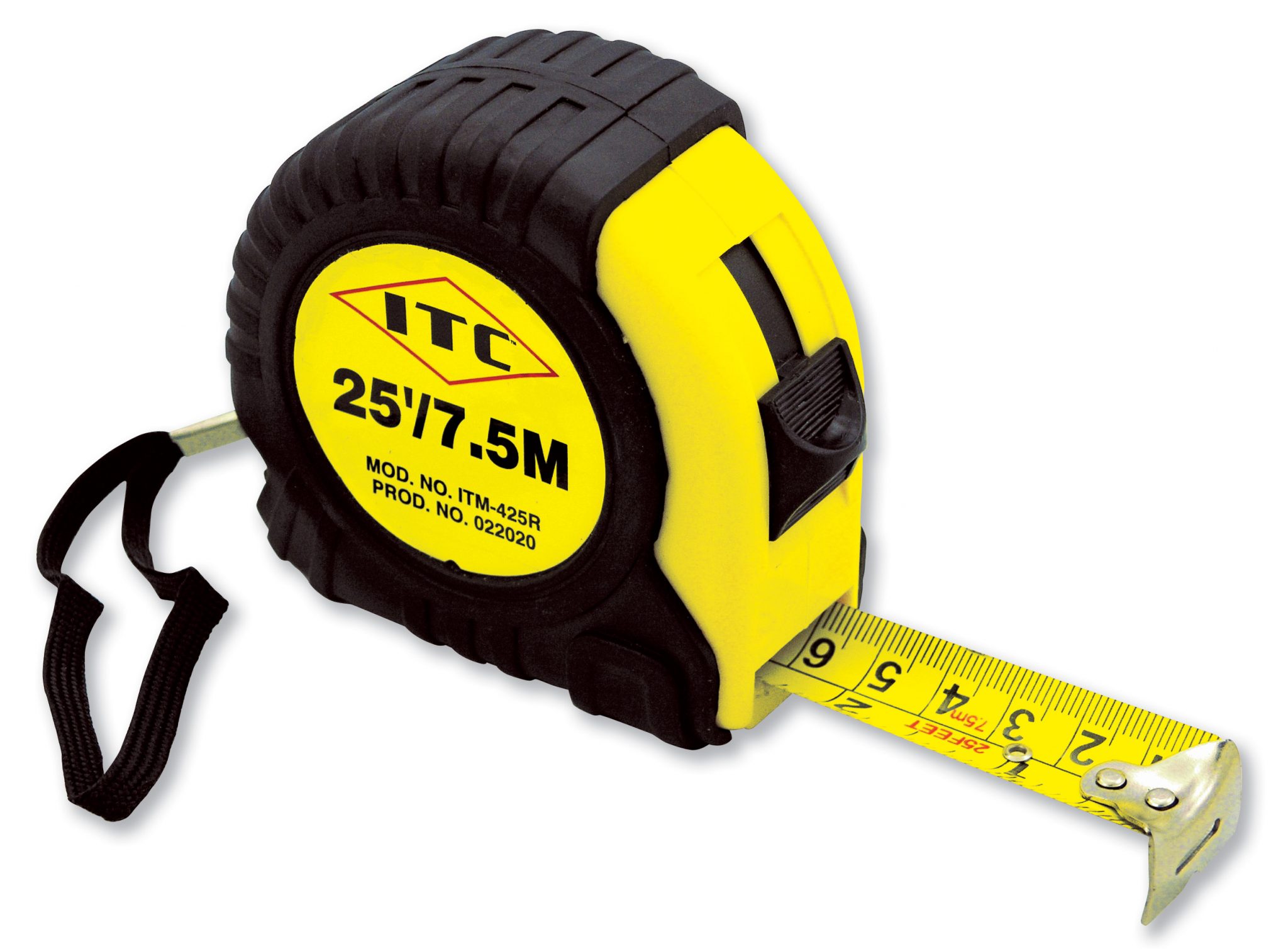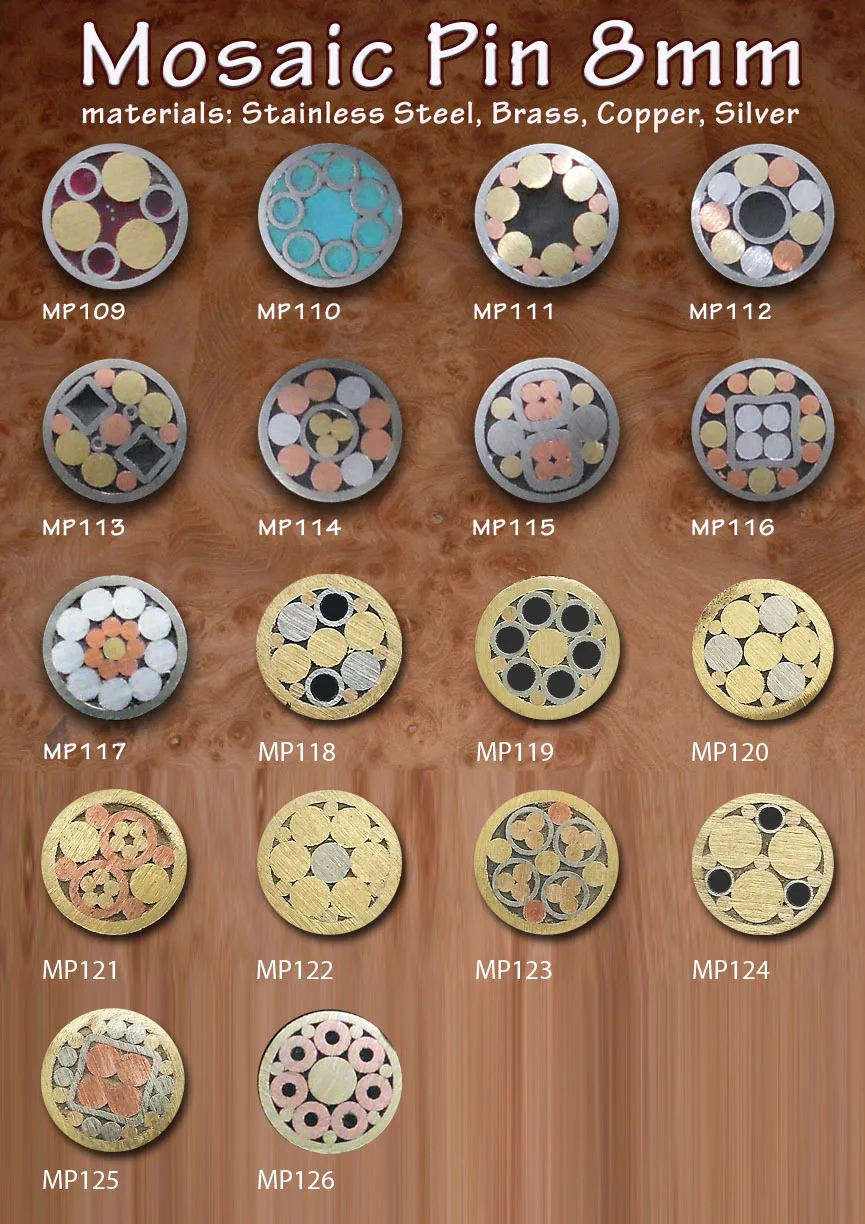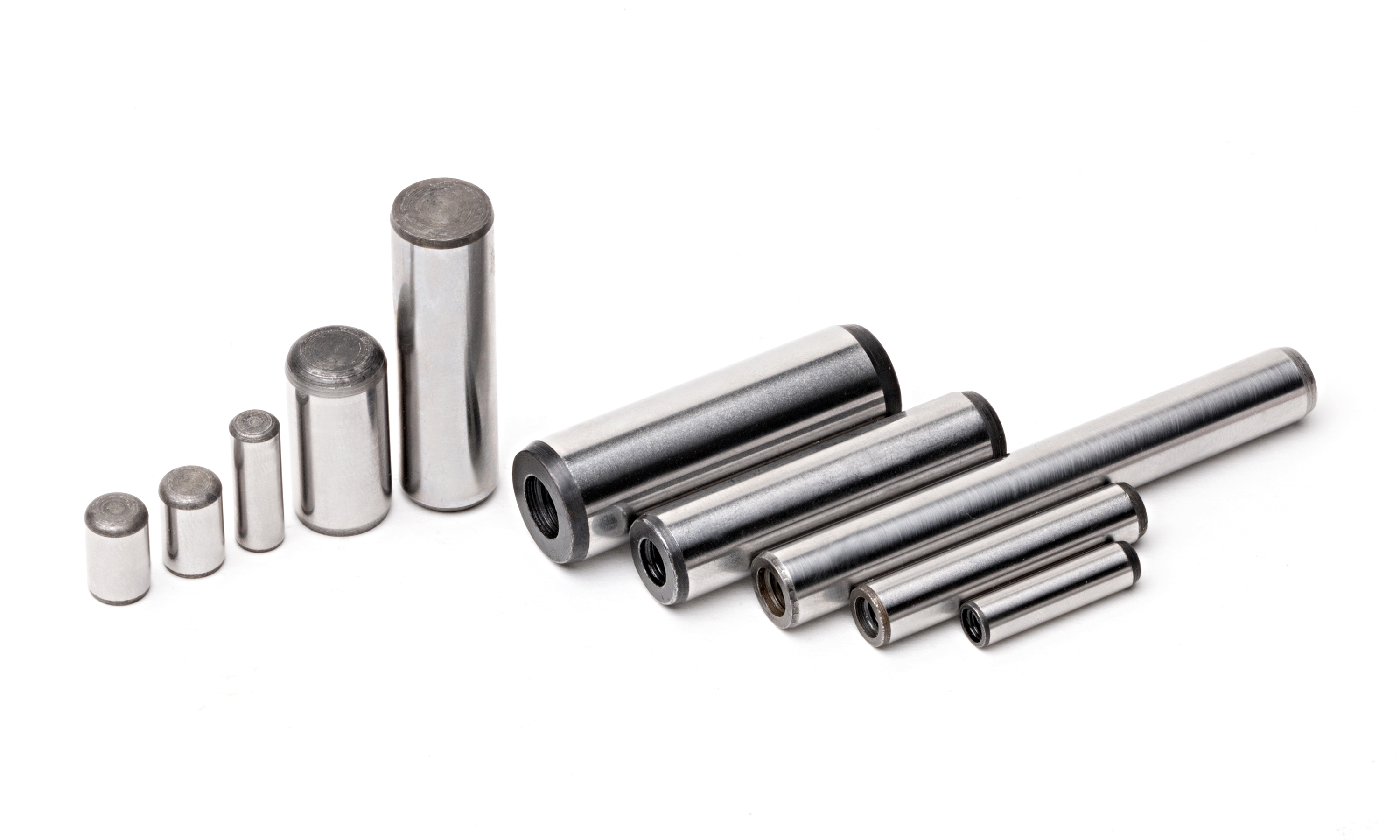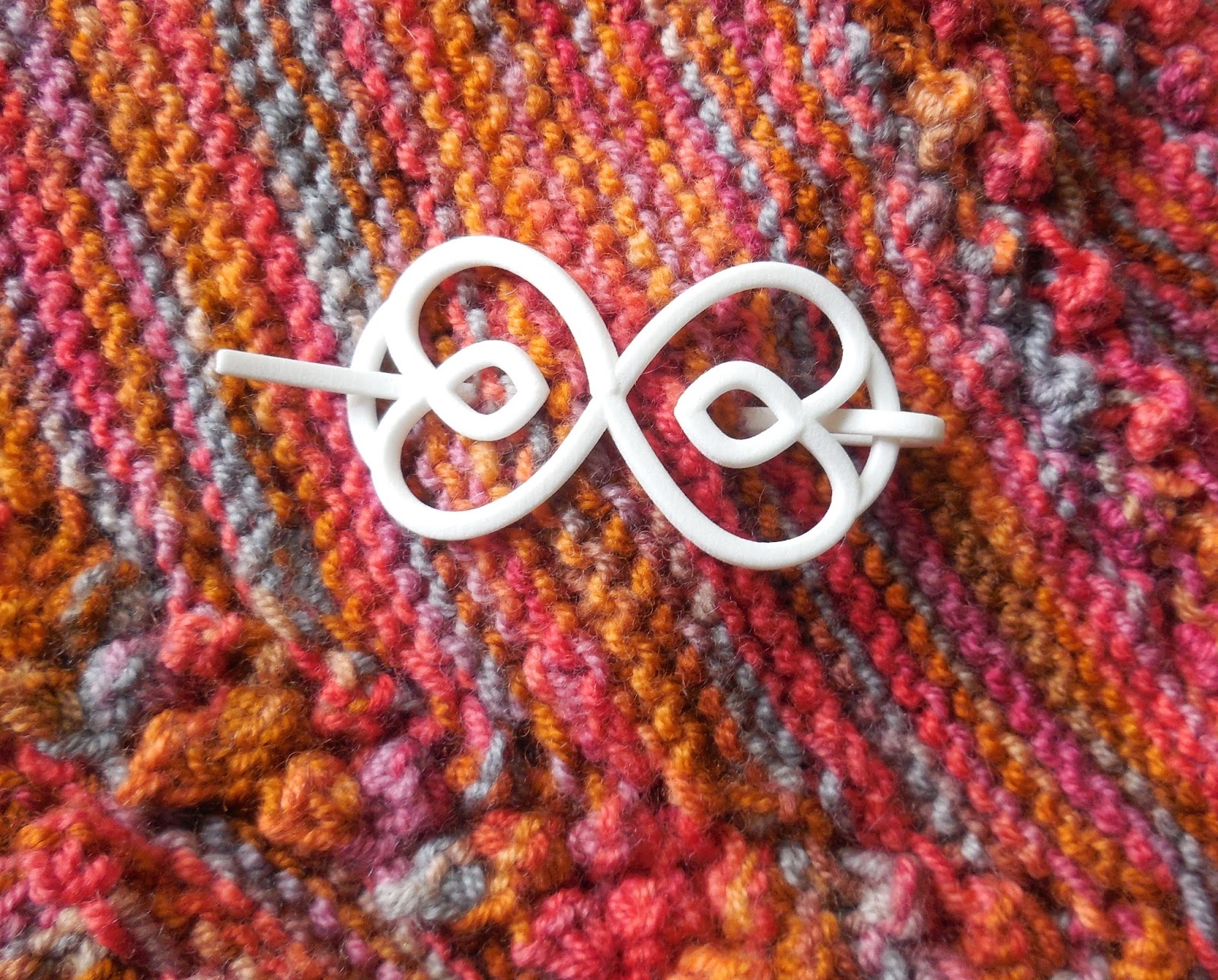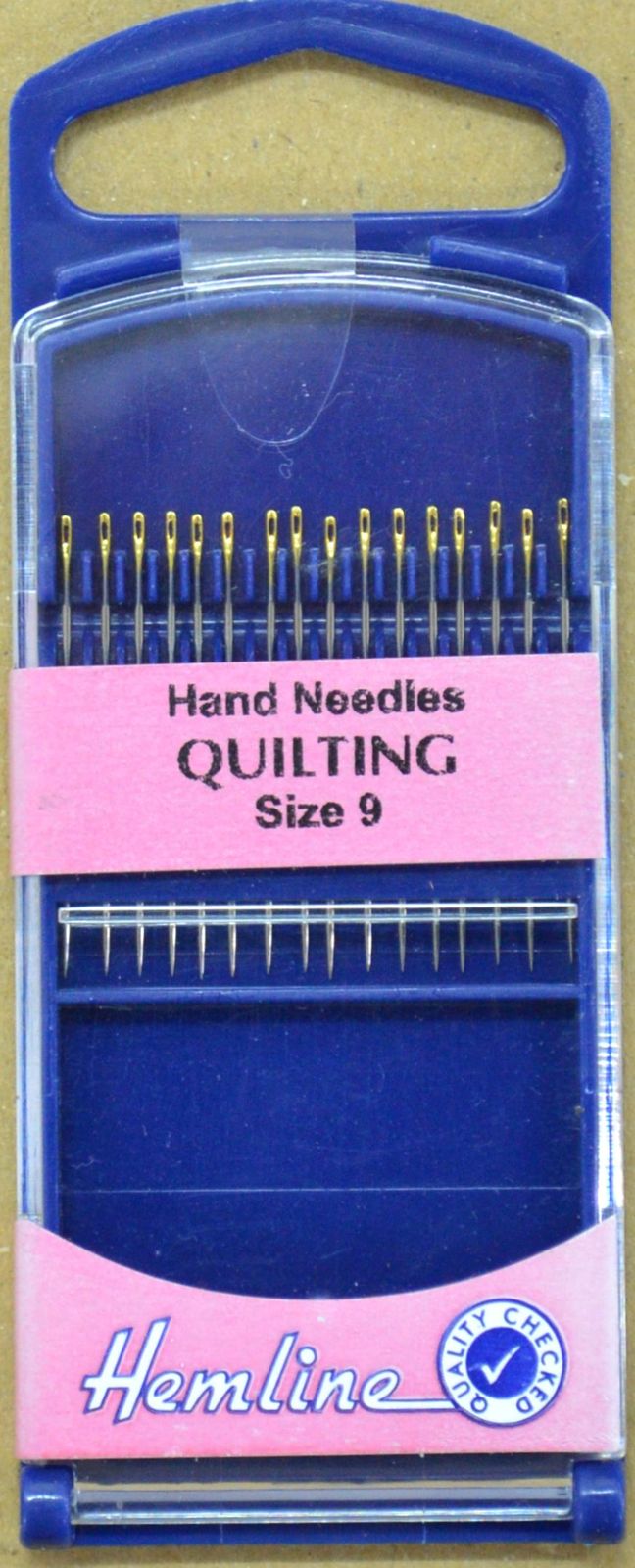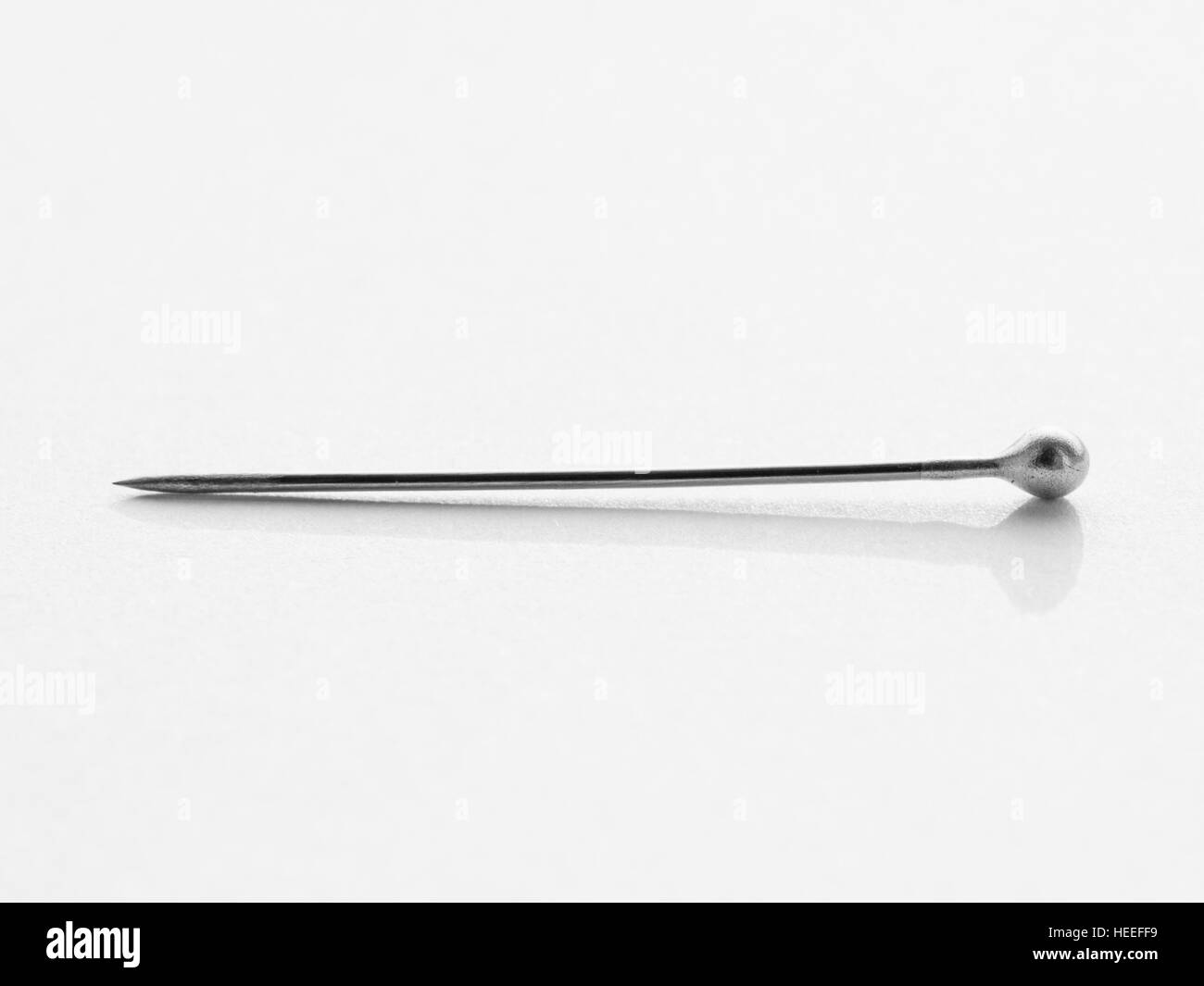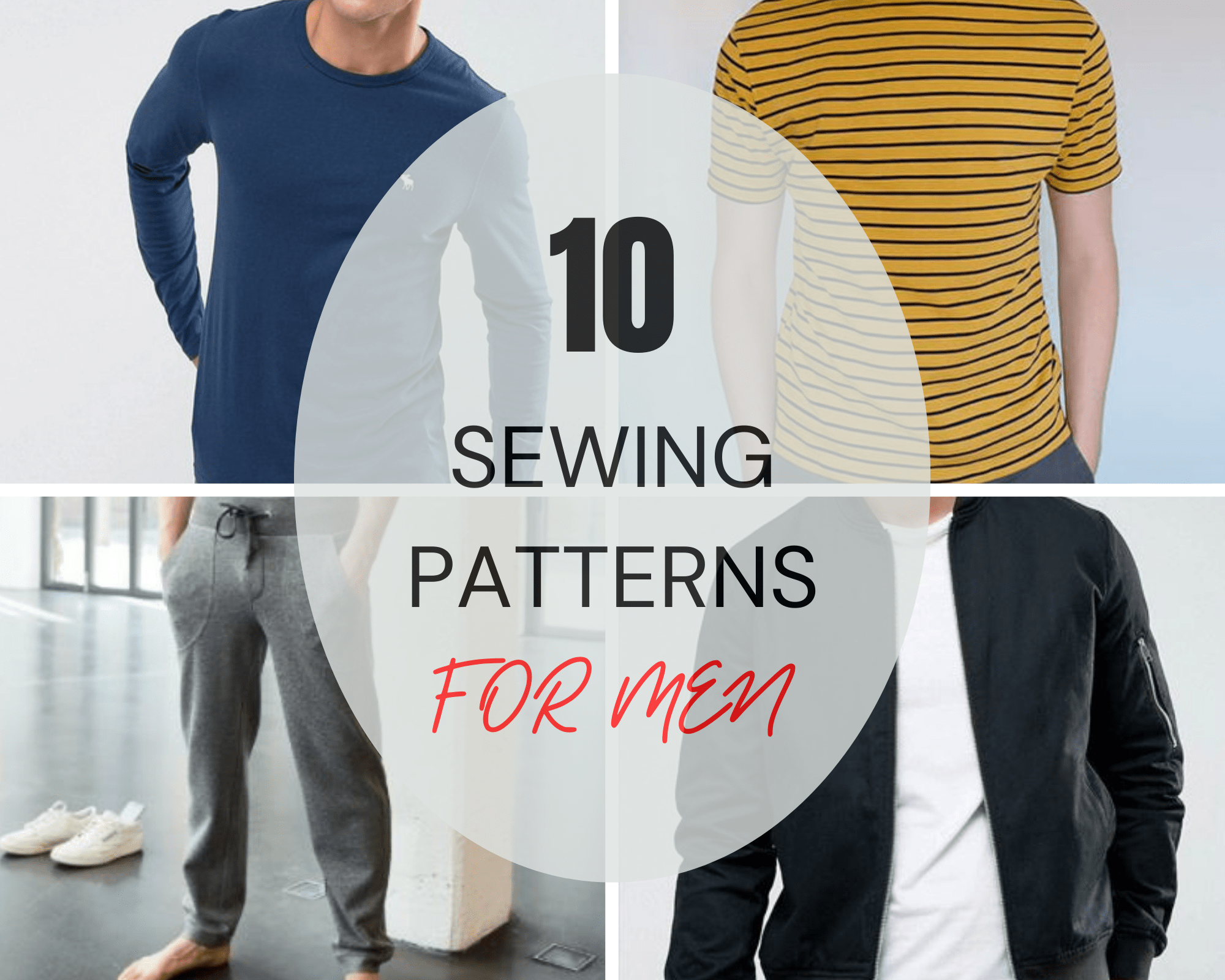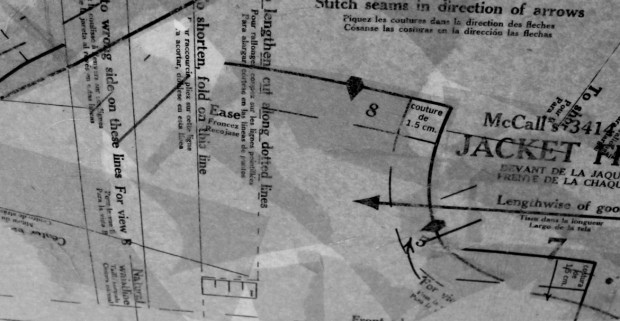One of the essential items for sewing at the kitchen table is a sewing machine. Whether you have a basic model or a more advanced one, having a sewing machine makes the process of sewing much easier and faster. Make sure to have your sewing machine set up on a sturdy surface with enough room for fabric to move freely.1. Sewing machine
Your kitchen table will serve as your sewing workspace, so it's important to have a clean and clutter-free surface. A large kitchen table is ideal, but a smaller one can also work as long as you have enough space to spread out your fabric and supplies. It's also important to protect your table with a sewing mat or tablecloth to avoid any damage from pins or scissors.2. Kitchen table
In addition to your sewing machine, there are a few other essential supplies you'll need for sewing at the kitchen table. These include a seam ripper, fabric marking tools, and a pressing cloth. Having these supplies on hand will make your sewing projects run smoothly and help you achieve professional-looking results.3. Sewing supplies
The type of fabric you choose for your projects will depend on your sewing skills and the type of project you're working on. Make sure to have a variety of fabrics on hand, including cotton, linen, and knit, to accommodate different projects. You can also repurpose old clothing or household items, such as sheets or curtains, for your sewing projects.4. Fabric
Having a collection of different-colored threads is necessary for any sewing project. Make sure to have a variety of thread types, such as all-purpose, heavy-duty, and elastic, to accommodate different fabrics and projects. It's also a good idea to have extra bobbins on hand in case you run out of thread in the middle of a project.5. Thread
Investing in a good pair of sewing scissors is crucial for cutting fabric accurately. Make sure to have a pair of fabric scissors solely dedicated to sewing and keep them sharp by using a sharpening tool. It's also helpful to have a smaller pair of scissors for cutting threads and trimming small pieces of fabric.6. Scissors
Accurate measurements are key to successful sewing projects, so having a measuring tape on hand is a must. You can also use a ruler or yardstick for straight lines, but a measuring tape is more versatile and allows you to take precise measurements of curved or irregular-shaped pieces of fabric.7. Measuring tape
Pins are essential for holding pieces of fabric together while you sew. Make sure to have a variety of pin sizes and types, such as ballpoint and glass head pins, to accommodate different fabrics. It's also helpful to have a pincushion or magnetic pin holder to keep your pins organized and within reach.8. Pins
While your sewing machine comes with its own set of needles, it's helpful to have a variety of hand sewing needles on hand. These can be used for hand-stitching details, repairing garments, or sewing buttons. Make sure to keep your needles in a needle case or holder to avoid losing them.9. Needles
Having a collection of sewing patterns is essential for any sewing enthusiast. You can purchase patterns at fabric stores or find free patterns online. Make sure to choose patterns that match your skill level and have clear instructions. It's also helpful to have a few basic patterns on hand that you can modify to create different styles.10. Sewing patterns
Sewing at the Kitchen Table: A Creative and Efficient Way to Design Your Home

The Benefits of Sewing at the Kitchen Table
Maximizing Space and Creativity
 Sewing at the kitchen table allows you to make the most out of a small space. Instead of having a separate sewing room, you can utilize your kitchen table for both sewing and dining. This not only saves space but also encourages creativity. By incorporating sewing into your daily routine, you may find yourself inspired by your surroundings and coming up with new design ideas.
Sewing at the kitchen table allows you to make the most out of a small space. Instead of having a separate sewing room, you can utilize your kitchen table for both sewing and dining. This not only saves space but also encourages creativity. By incorporating sewing into your daily routine, you may find yourself inspired by your surroundings and coming up with new design ideas.
A Cost-Effective Solution
 Setting up a sewing room can be expensive, with the cost of a sewing machine, fabric, and other necessary tools. By sewing at the kitchen table, you can save money on creating a designated sewing space. You also have the added benefit of being in the heart of your home, making it easier to access supplies and materials as needed.
Setting up a sewing room can be expensive, with the cost of a sewing machine, fabric, and other necessary tools. By sewing at the kitchen table, you can save money on creating a designated sewing space. You also have the added benefit of being in the heart of your home, making it easier to access supplies and materials as needed.
A Family-Friendly Activity
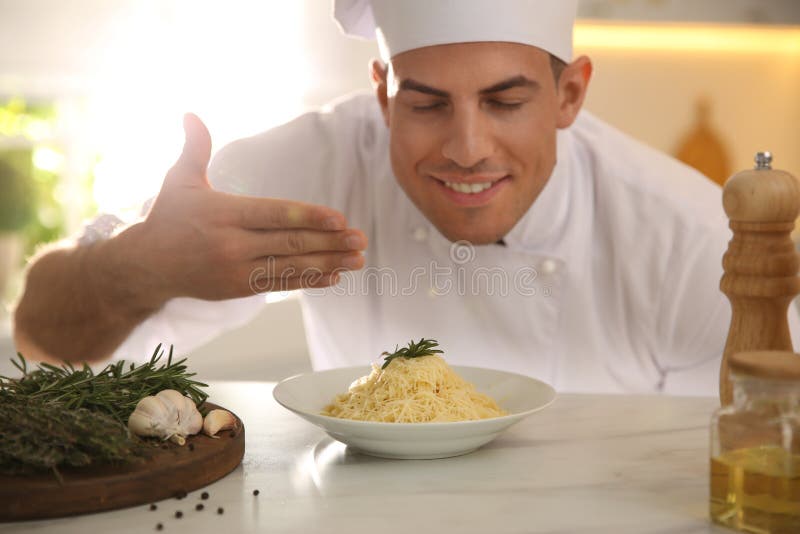 Sewing at the kitchen table is a great way to involve your family in your home design projects. Kids can join in on the fun and learn basic sewing skills while spending quality time with you. Not to mention, it's a great way to keep them entertained while you work on your projects. Plus, having a designated space for sewing at the kitchen table can also encourage your family to join in on the creative process.
Sewing at the kitchen table is a great way to involve your family in your home design projects. Kids can join in on the fun and learn basic sewing skills while spending quality time with you. Not to mention, it's a great way to keep them entertained while you work on your projects. Plus, having a designated space for sewing at the kitchen table can also encourage your family to join in on the creative process.
Keeping Things Organized
 One of the biggest challenges of sewing is keeping everything organized. With the kitchen table as your designated sewing space, you can easily keep your tools and materials in one place. This also allows for easy cleanup and prevents clutter from taking over your home. By having a dedicated space for sewing, you can stay organized and focused on your projects.
One of the biggest challenges of sewing is keeping everything organized. With the kitchen table as your designated sewing space, you can easily keep your tools and materials in one place. This also allows for easy cleanup and prevents clutter from taking over your home. By having a dedicated space for sewing, you can stay organized and focused on your projects.
In Conclusion
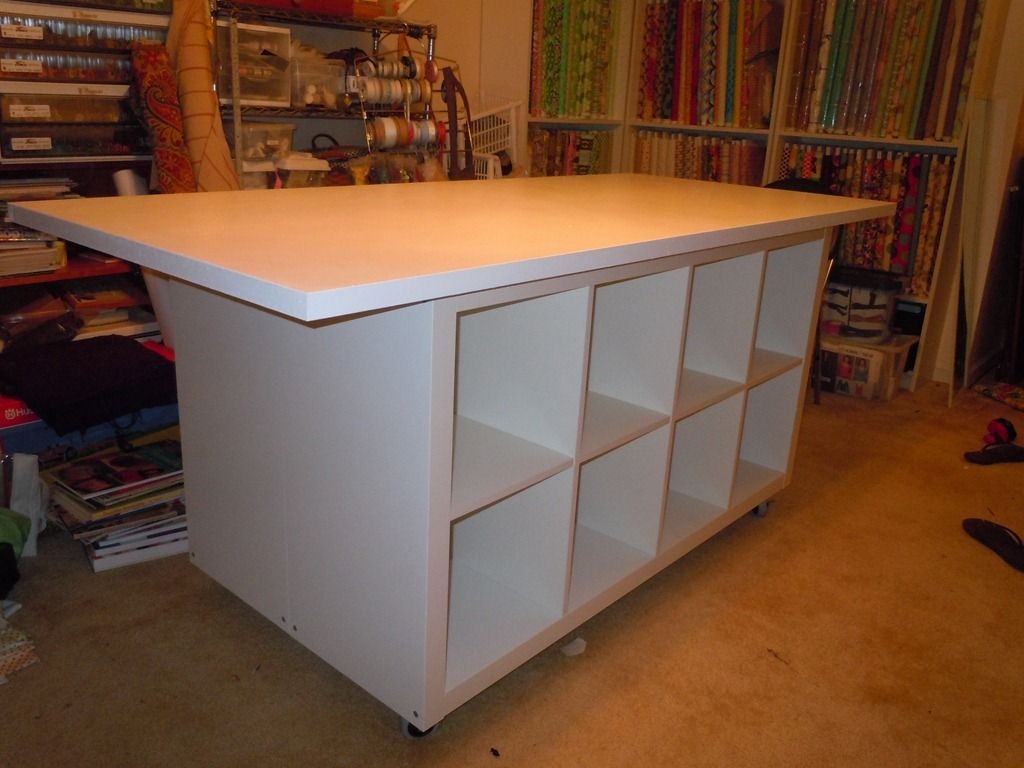 Sewing at the kitchen table is a practical, cost-effective, and creative way to design your home. It allows you to make the most out of a small space, involve your family in the creative process, and stay organized. So why not give it a try and see how this simple change can make a big impact on your home design projects.
Sewing at the kitchen table is a practical, cost-effective, and creative way to design your home. It allows you to make the most out of a small space, involve your family in the creative process, and stay organized. So why not give it a try and see how this simple change can make a big impact on your home design projects.


